Revenue Professionals: What Are They and What Do They Do?

Revenue Professionals: What Are They and What Do They Do?
Every business, regardless of industry, relies on revenue professionals to drive growth, optimize sales processes, and maximize profitability. These experts ensure that companies generate consistent and scalable revenue through strategic pricing, sales execution, customer retention, and financial forecasting. But what exactly do they do, and why are they essential to business success?
What Is a Revenue Professional?
A revenue professional is responsible for developing and executing strategies to drive revenue growth and maximize profitability. They work across various industries, including SaaS, eCommerce, financial services, healthcare, and enterprise sales, ensuring that companies attract, convert, and retain customers efficiently.
Revenue professionals collaborate with sales, marketing, finance, and customer success teams to develop revenue strategies that align with business objectives. Their work focuses on optimizing pricing, sales enablement, revenue operations (RevOps), and customer lifetime value (CLV).
Key Responsibilities of Revenue Professionals
While specific responsibilities vary by role and industry, most revenue professionals focus on these core areas:
1. Revenue Strategy & Growth
They develop pricing models, sales funnels, and go-to-market strategies to maximize revenue.
2. Sales & Customer Acquisition
Revenue professionals ensure sales teams are equipped with the right tools, training, and data to close deals effectively.
3. Customer Retention & Expansion
By optimizing customer experience and implementing retention strategies, they drive upsells, cross-sells, and renewals.
4. Revenue Operations (RevOps) & Automation
They oversee CRM systems, analytics, and process automation to improve efficiency.
5. Performance Analytics & Forecasting
Revenue professionals analyze key metrics such as ARR (Annual Recurring Revenue), CAC (Customer Acquisition Cost), and LTV (Lifetime Value) to guide decision-making.
6. Pricing & Monetization Strategy
They design and test subscription models, discounting strategies, and product bundling to optimize revenue.
Revenue Job Titles and Responsibilities
Revenue professionals hold various titles depending on their expertise and seniority. Below is a breakdown of key roles across different levels, along with their typical responsibilities.
Executive-Level Titles
1. Chief Revenue Officer (CRO)
The CRO is responsible for the company’s overall revenue strategy, overseeing sales, marketing, customer success, and pricing models.
Responsibilities:
- Aligning sales, marketing, and customer retention efforts.
- Developing and implementing revenue growth strategies.
- Managing pricing, sales performance, and revenue forecasting.
Example: At Salesforce, the CRO plays a pivotal role in driving enterprise sales and subscription growth.
2. Chief Sales Officer (CSO)
The CSO leads sales teams and is responsible for customer acquisition, lead generation, and deal closures.
Responsibilities:
- Developing sales strategies and compensation plans.
- Managing direct and indirect sales channels.
3. Chief Growth Officer (CGO)
The CGO focuses on expanding revenue streams, partnerships, and business development.
Responsibilities:
- Identifying new market opportunities.
- Driving strategic partnerships and expansion efforts.
4. Chief Customer Officer (CCO)
Ensures customers remain engaged, satisfied, and renew their contracts or subscriptions.
5. Vice President of Revenue Operations (VP of RevOps)
Oversees sales enablement, CRM, and data-driven revenue optimization.
Senior-Level Titles
6. Vice President of Sales & Revenue
Manages sales teams, sales quotas, and pipeline growth.
7. Vice President of Customer Success & Retention
Ensures customer loyalty, renewals, and upsell opportunities.
8. Vice President of Pricing Strategy
Develops and tests monetization strategies, discounting policies, and pricing tiers.
9. Vice President of Business Development
Focuses on partnerships, lead generation, and new market penetration.
Director-Level Titles
10. Director of Revenue Operations
Manages CRM platforms, sales automation, and revenue analytics.
11. Director of Sales Enablement
Provides training, tools, and content to optimize sales effectiveness.
12. Director of Subscription & Recurring Revenue
Focuses on SaaS and membership-based revenue models.
13. Director of Demand Generation
Oversees lead generation campaigns and inbound marketing strategies.
14. Director of Sales Performance & Analytics
Tracks conversion rates, sales efficiency, and revenue growth metrics.
Manager-Level Titles
15. Revenue Operations Manager
Optimizes sales processes, CRM tools, and revenue forecasting models.
16. Sales Development Manager (SDR Manager)
Leads sales development representatives in prospecting and lead generation.
17. Customer Success Manager (CSM)
Ensures that customers achieve their desired outcomes and renew their contracts.
18. Growth Marketing Manager
Focuses on acquisition, retention, and revenue-driving marketing campaigns.
19. Account Manager / Account Executive
Manages existing customer relationships to drive upsells and renewals.
20. Pricing & Monetization Manager
Tests tiered pricing models, freemium strategies, and discounts.
Specialized Revenue Titles
21. Head of Revenue Growth
Leads expansion strategies, new revenue streams, and market scaling.
22. RevOps Analyst
Uses data insights to optimize sales funnels and revenue forecasting.
23. Sales Process Automation Specialist
Implements AI and automation tools to streamline sales operations.
24. Customer Lifecycle Manager
Optimizes the entire customer journey, from onboarding to renewal.
25. Partner & Channel Sales Manager
Develops partnership-driven revenue strategies.
26. Revenue Intelligence Analyst
Tracks revenue performance, churn rates, and customer behavior trends.
27. Affiliate & Performance Marketing Manager
Drives revenue through affiliate partnerships and paid marketing.
28. Product-Led Growth (PLG) Manager
Focuses on self-service sales models, free trials, and in-product upsells.
Why Are Revenue Professionals Important?
Revenue professionals are the driving force behind business growth and financial stability. Without them, companies risk inefficient sales processes, missed revenue opportunities, and poor customer retention.
Their expertise in sales strategy, revenue operations, pricing, and customer success ensures that businesses can scale profitably and maintain long-term sustainability.
Whether you’re a startup building your first sales funnel or an enterprise optimizing revenue streams, strong revenue leadership is essential for long-term financial success.
Learn more about Digital Reference, Our Vision, and Mission
- What is Digital Reference?
- We think we can Replace the Resume at Digital Reference
- AI Killed the Resume - here’s why we believe that
- What does Digital Reference mean Radical Authenticity?
- What is Radical Transparency in the Talent Ecosystem?
- Why verified Professional References matter more than ever!
- Best practices when collecting professional references
- Here is how Digital Reference is making the Talent Ecosystem more efficient
- Best tools for collecting professional references
- The best tool for managing your professional reputation
- Why digital reference is more than a video resume
Explore other types of professionals, consultants, and executives featured on Digital Reference
- What roles are available for engineering executives?
- Careers for IT consultants & tech experts
- Legal professionals and what they do
- Product professionals and the roles available
- Operations professionals and the roles available
- List of the most popular industries to be a consultant
- Environmental consultants and the roles available
- Operations consultants and what they do
- HR executives and their key functions
- Finance & accounting consultants and what they do
- Jobs as fitness consultants or health experts
- Details on what revenue consultants do
- Learn more about academic professionals
- Deep dive into what HR consultants do
- Fitness professionals and the roles available
- Online marketplace professions
- Finance executives - roles that make the big bucks
- Finance professionals and the roles available
- What do marketing consultants do?
- Different professions in real estate
- Healthcare consultants deep dive
Guides to outsourced and fractional services:
- How to Hire a Fractional COO
- What does an outsourced chief of staff agency do
- What is an outsourced CEO agency
We'd love to hear from you, reach out at hello@digitalreference.co.
Subscribe to our newsletter
We'd love to have you follow our journey, learn about to new features and functionality, and get access to talent ecosystem news.

.jpeg)

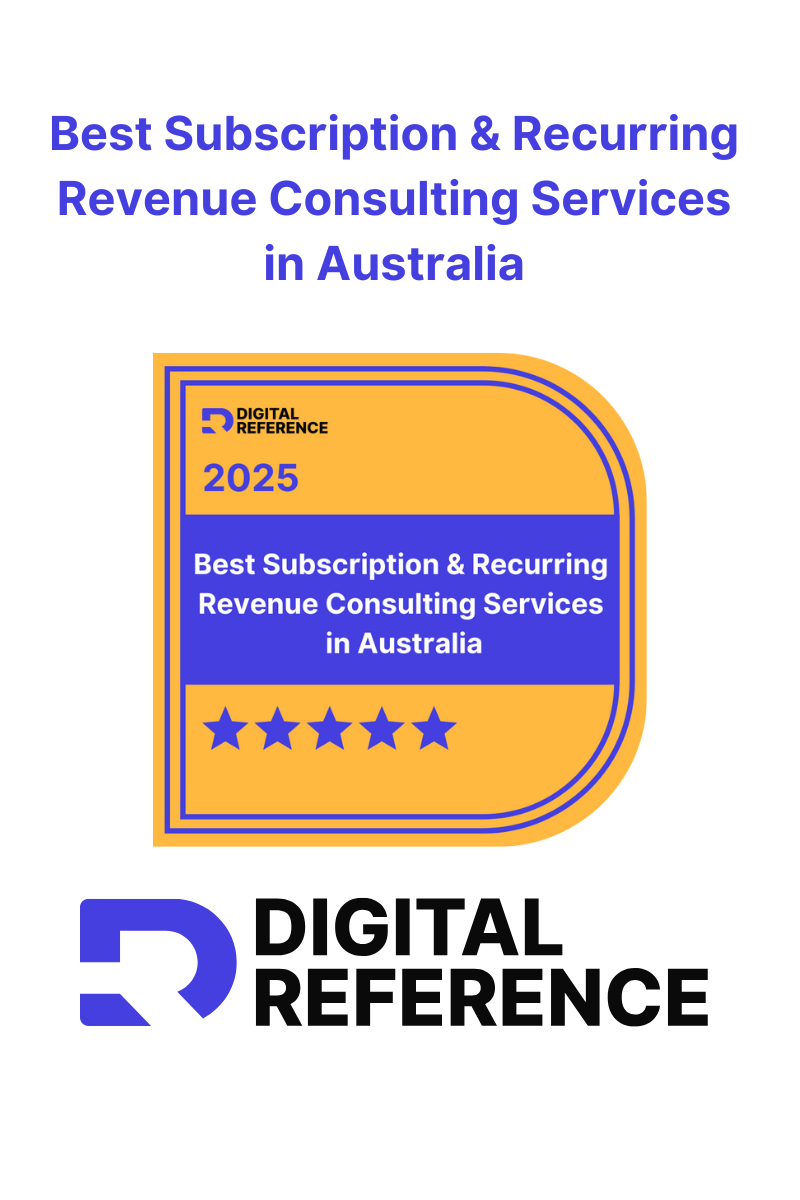
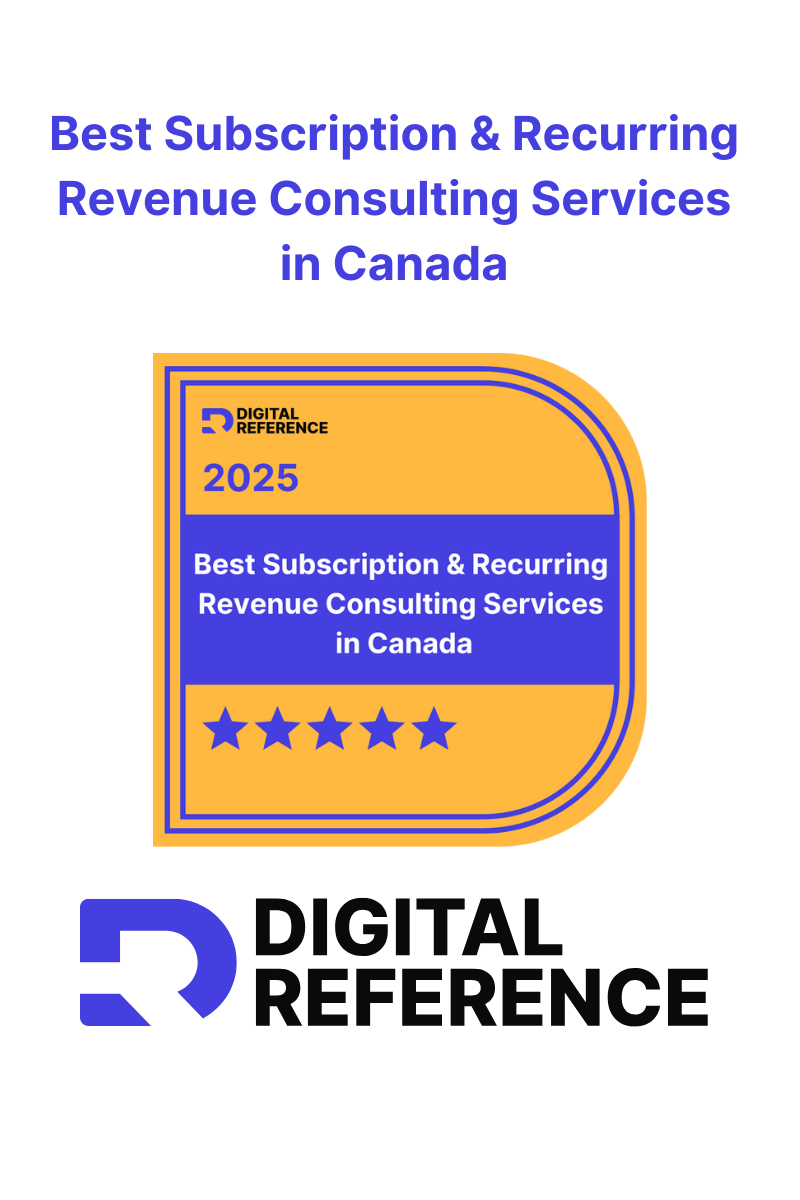
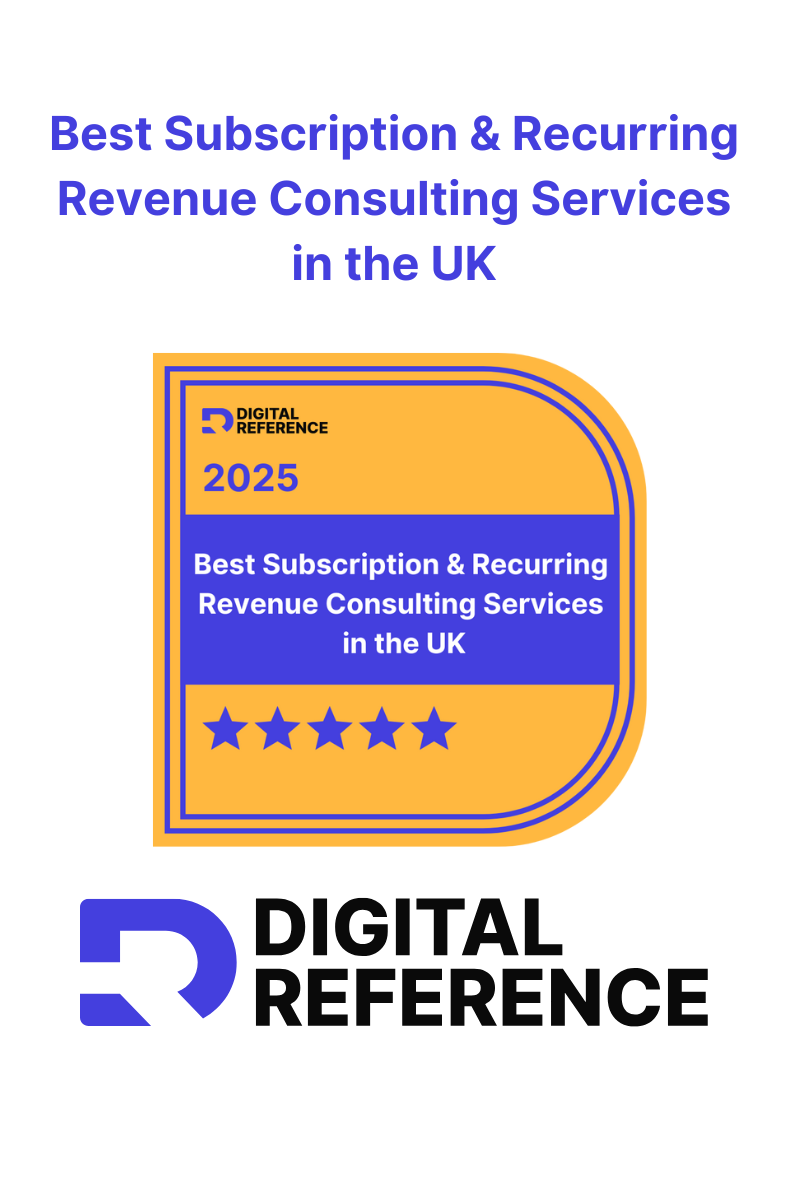
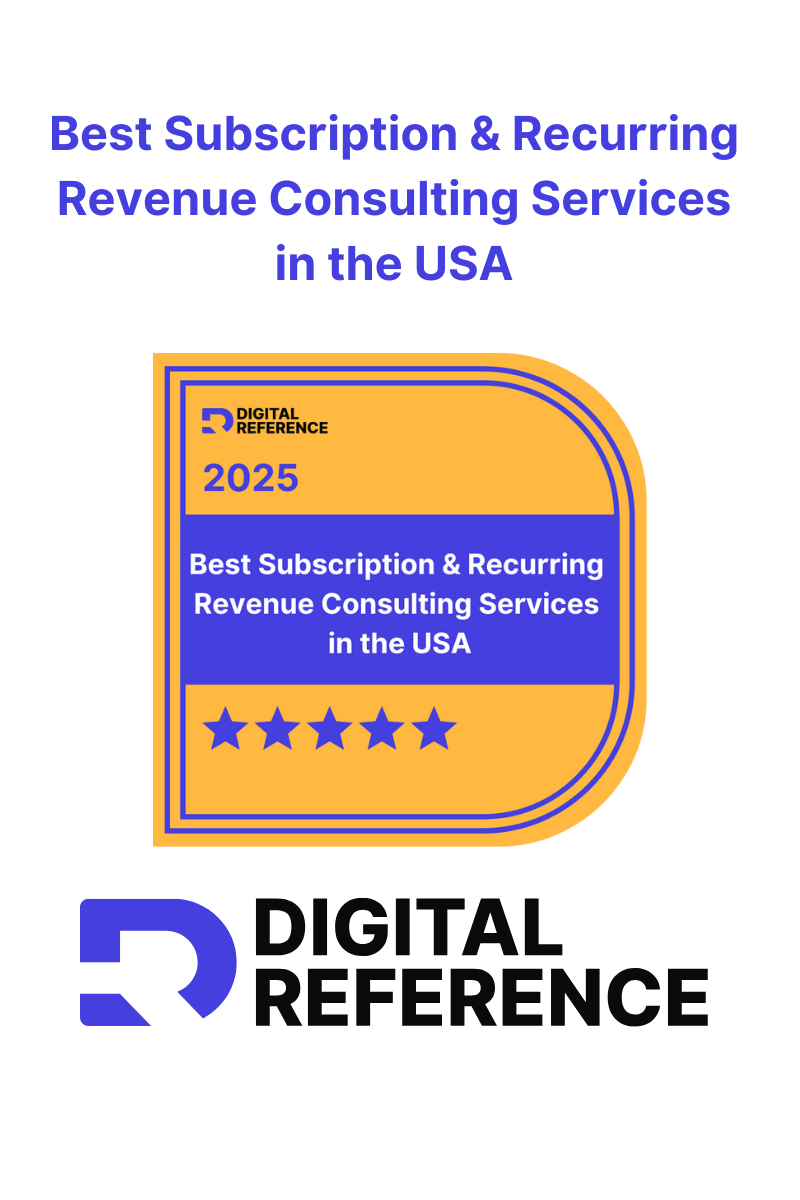
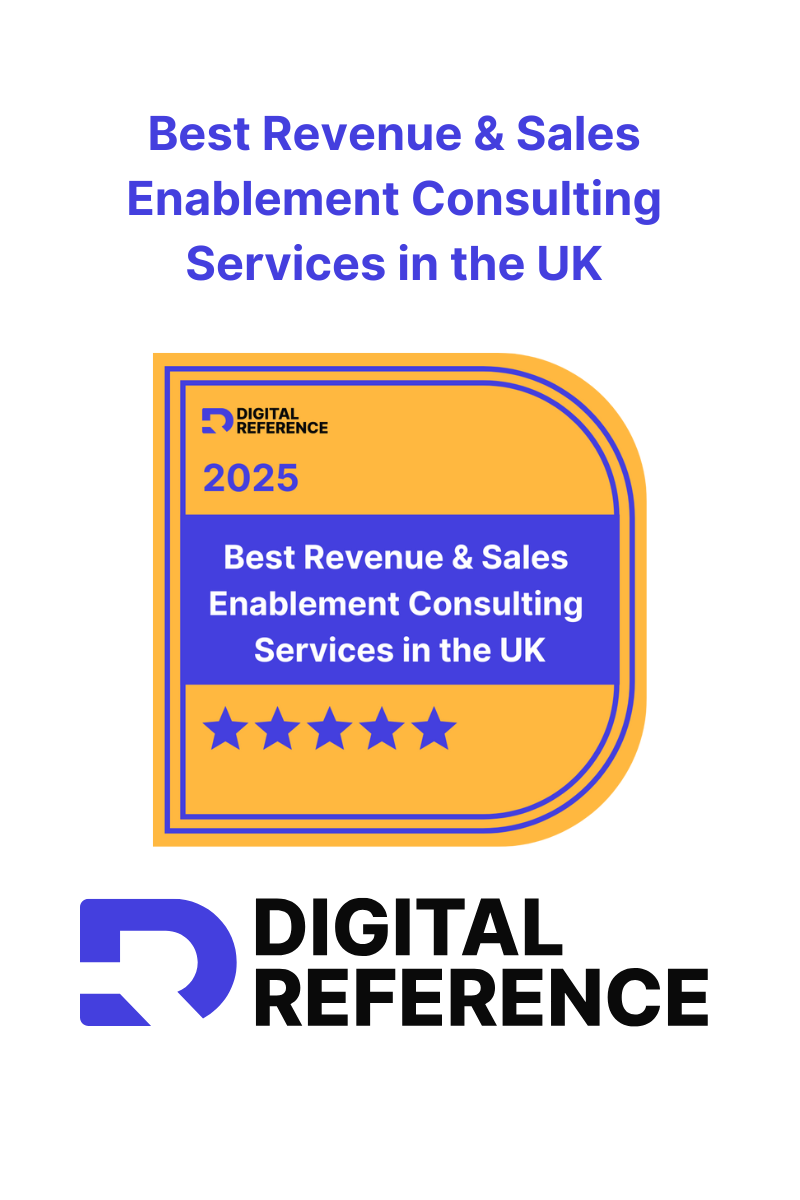
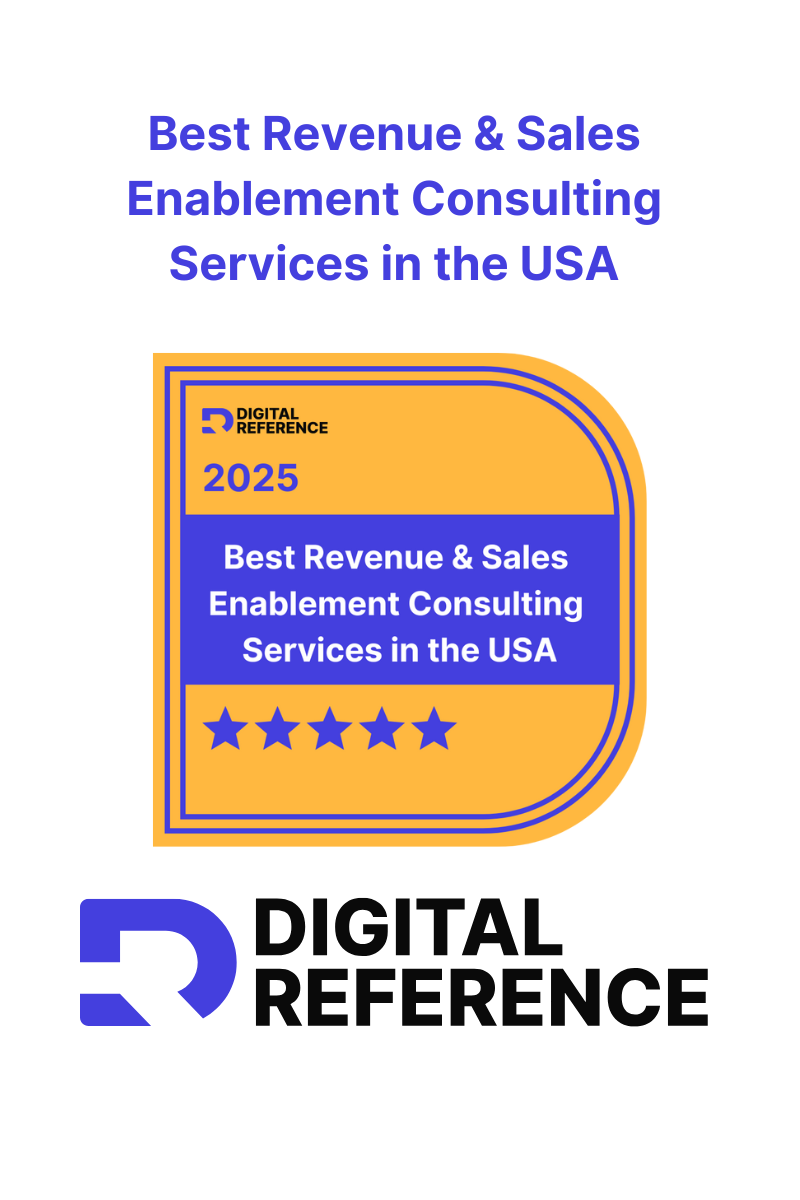
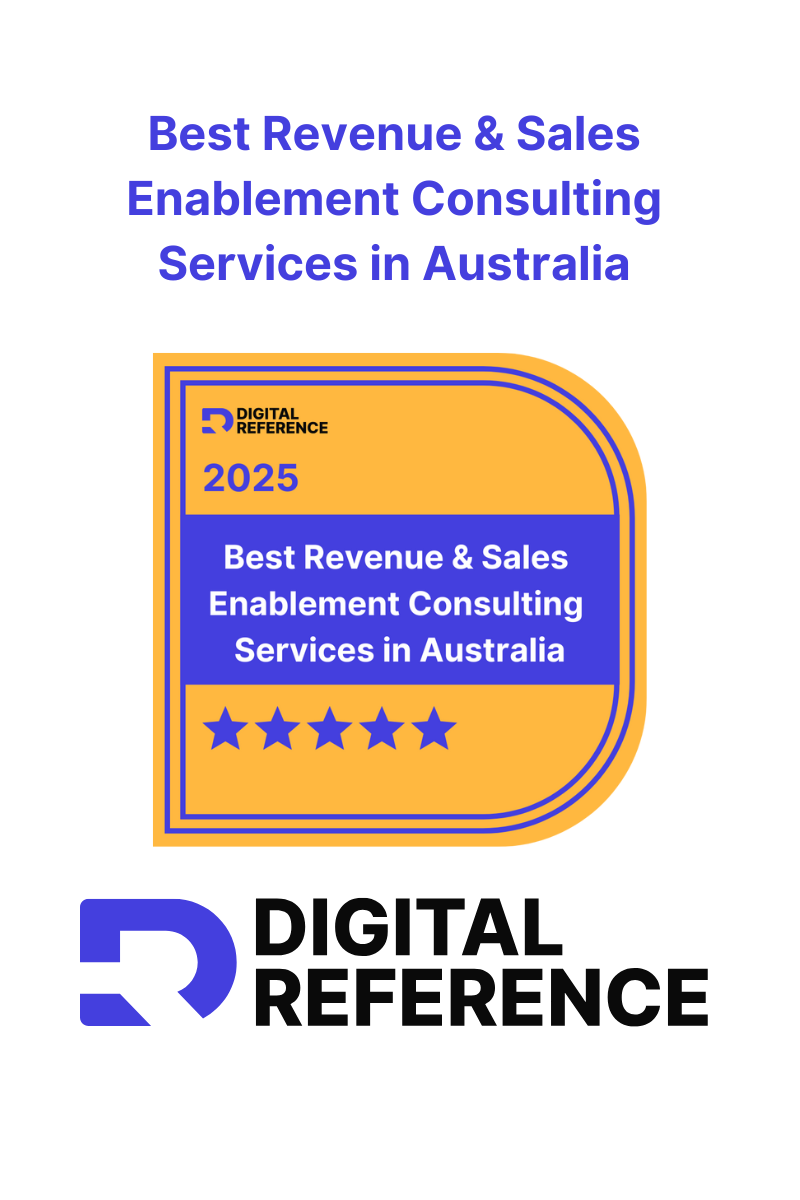
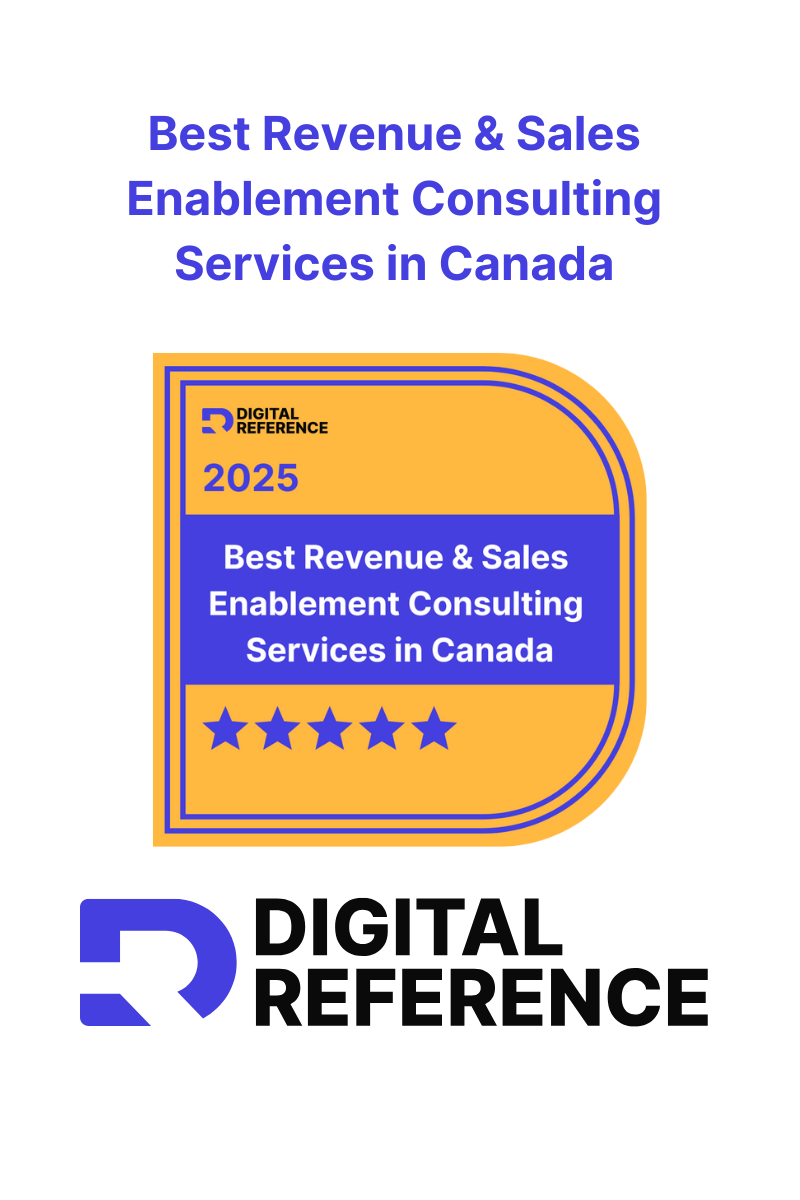
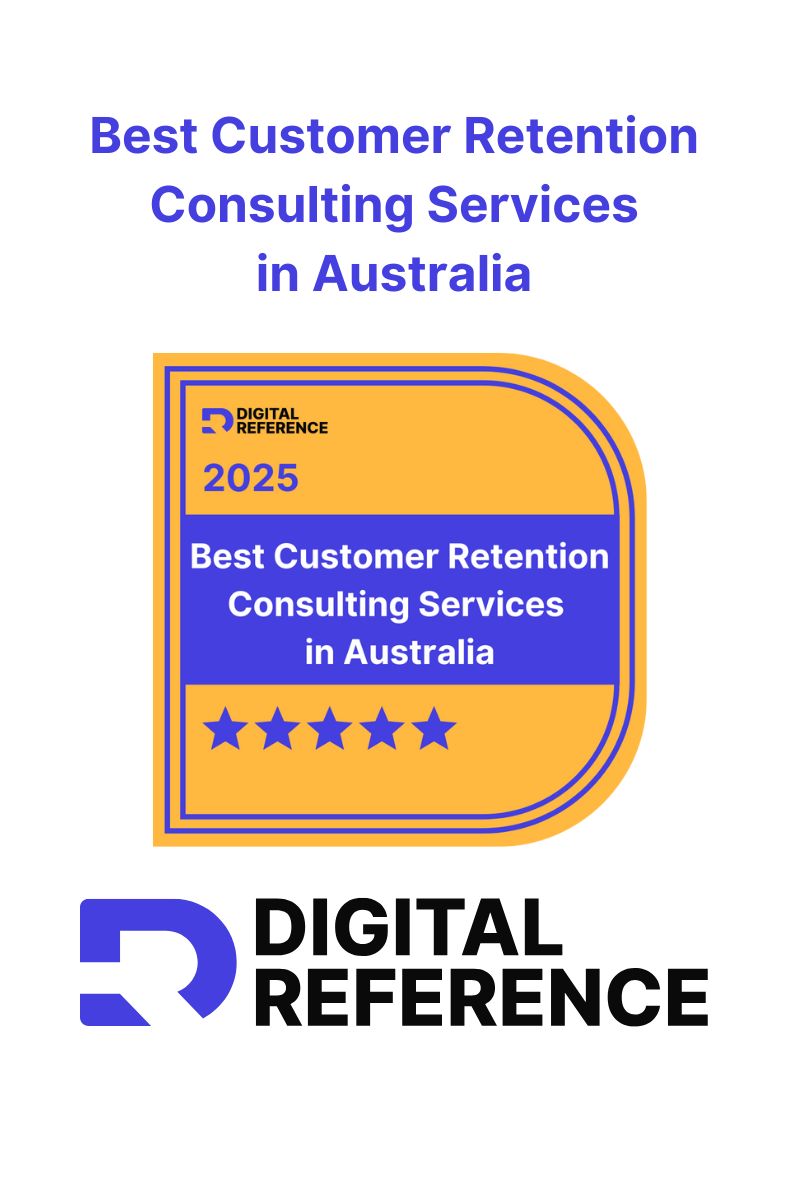
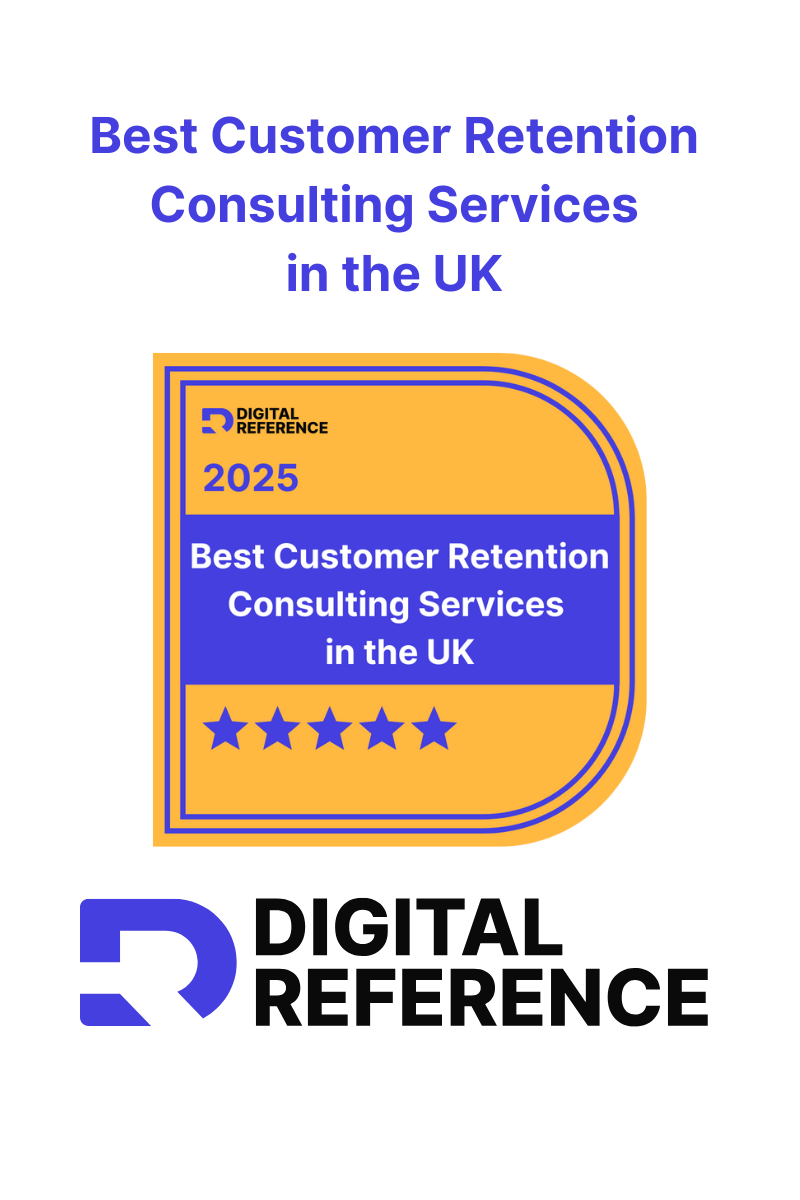
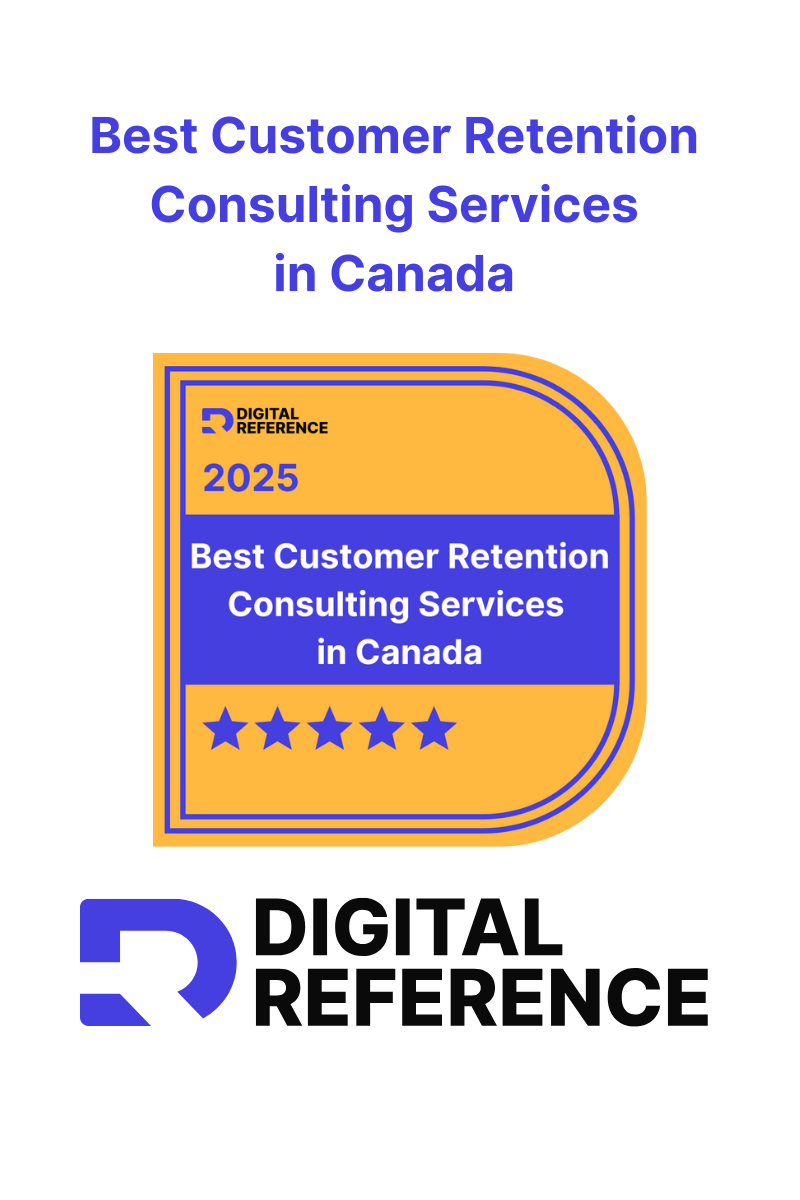
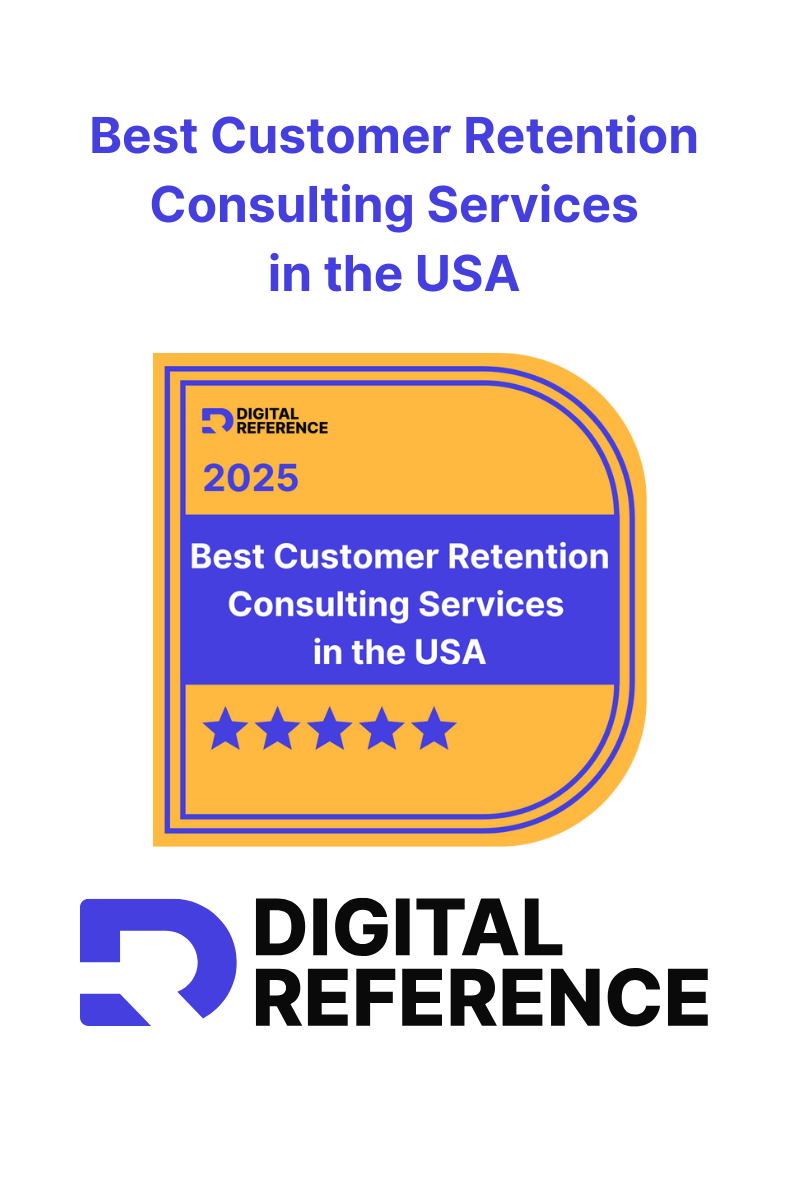
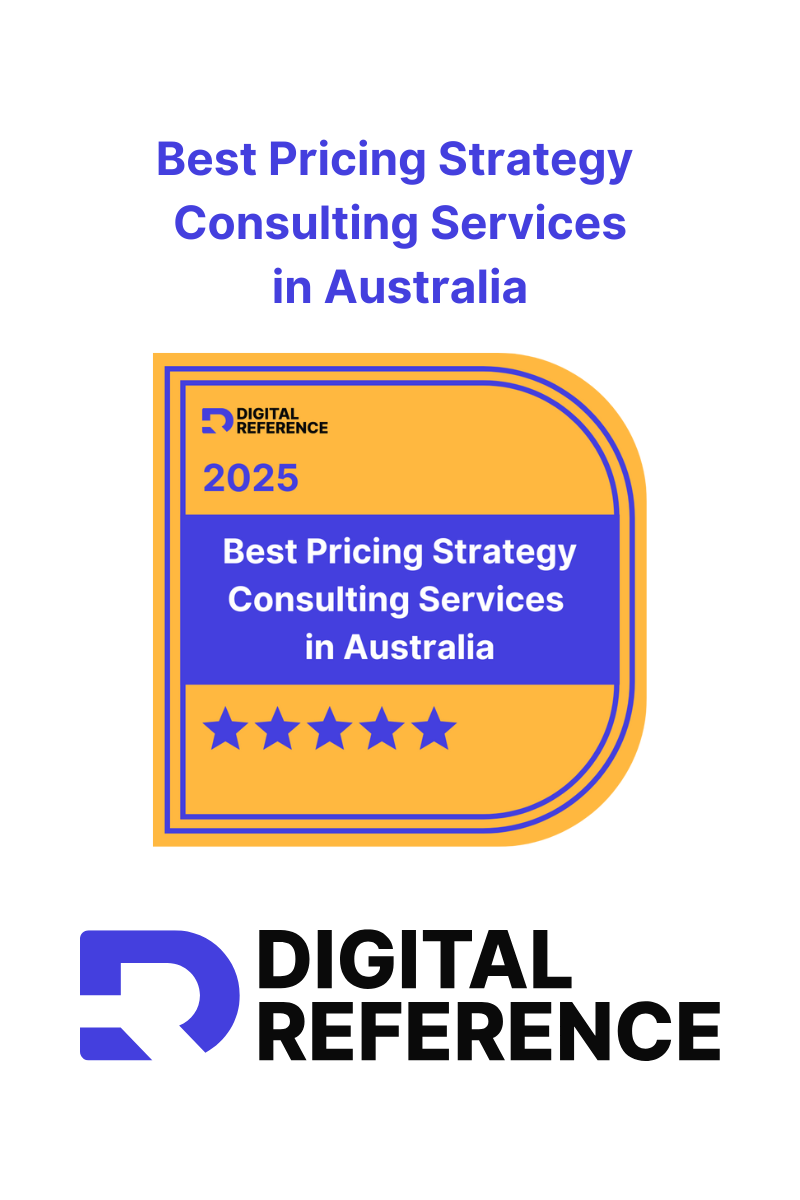
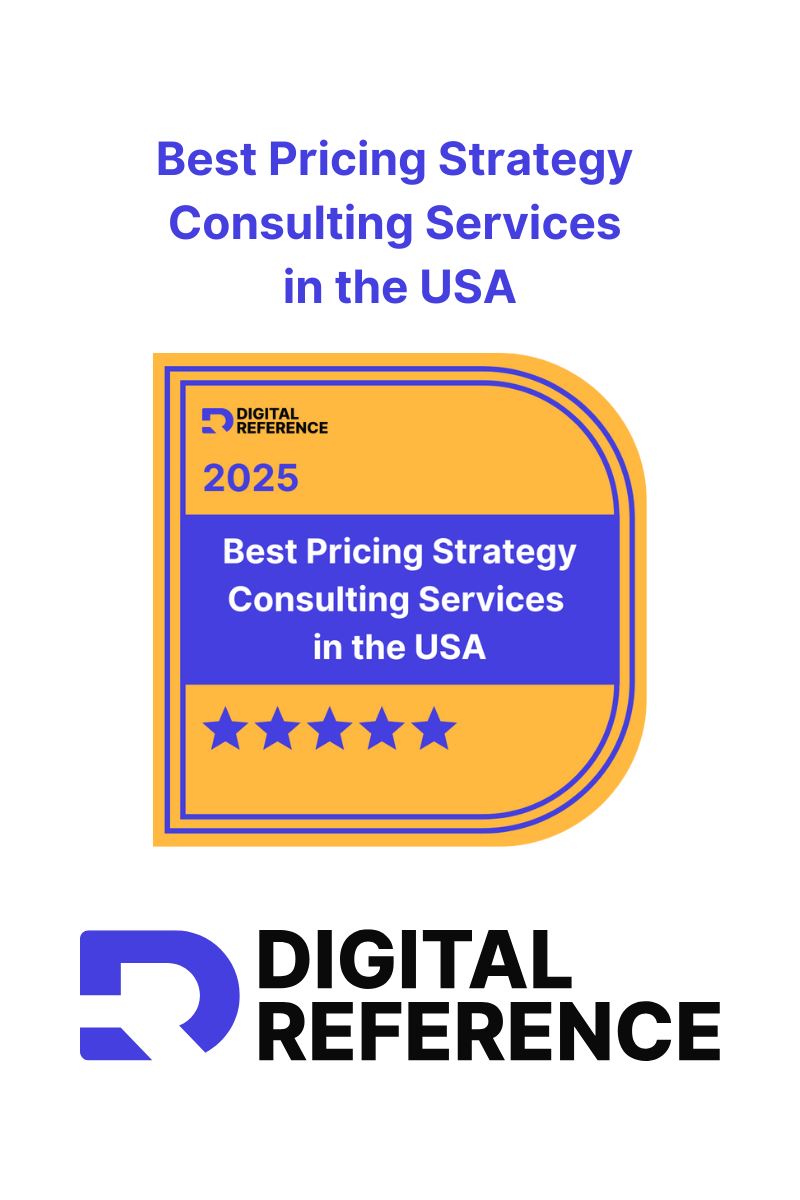
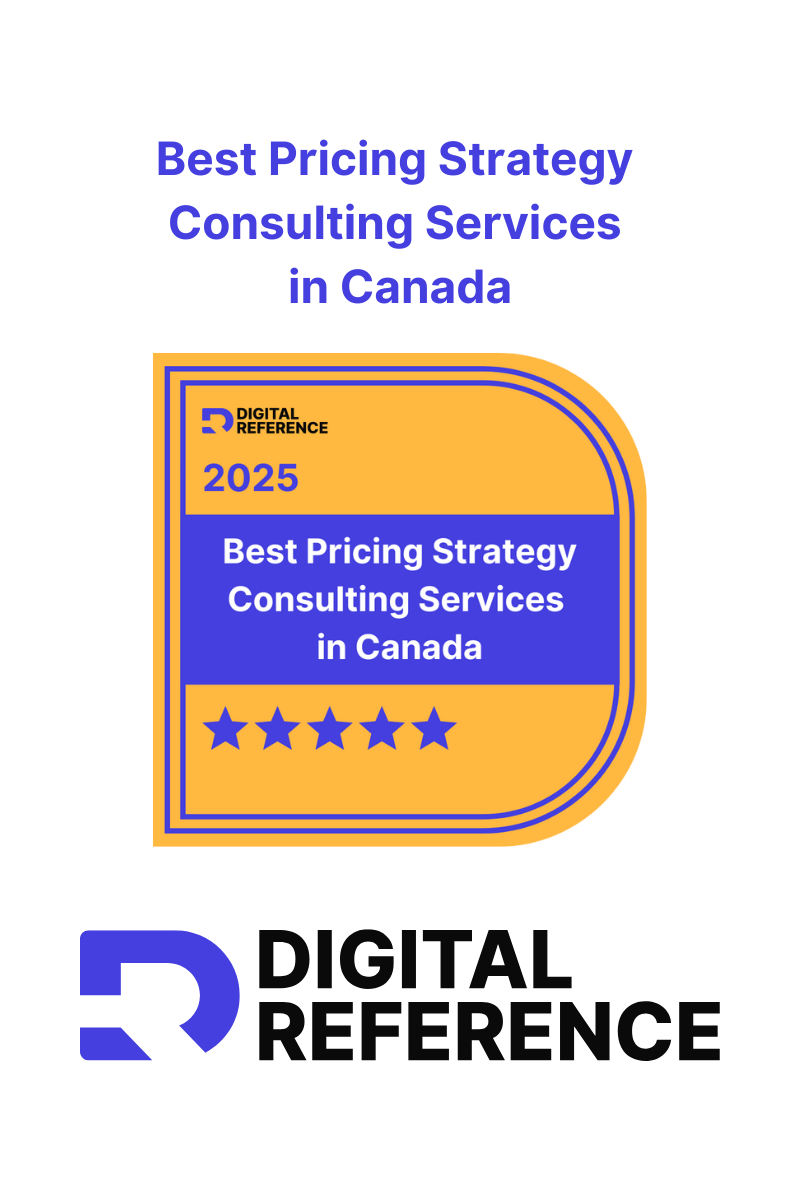
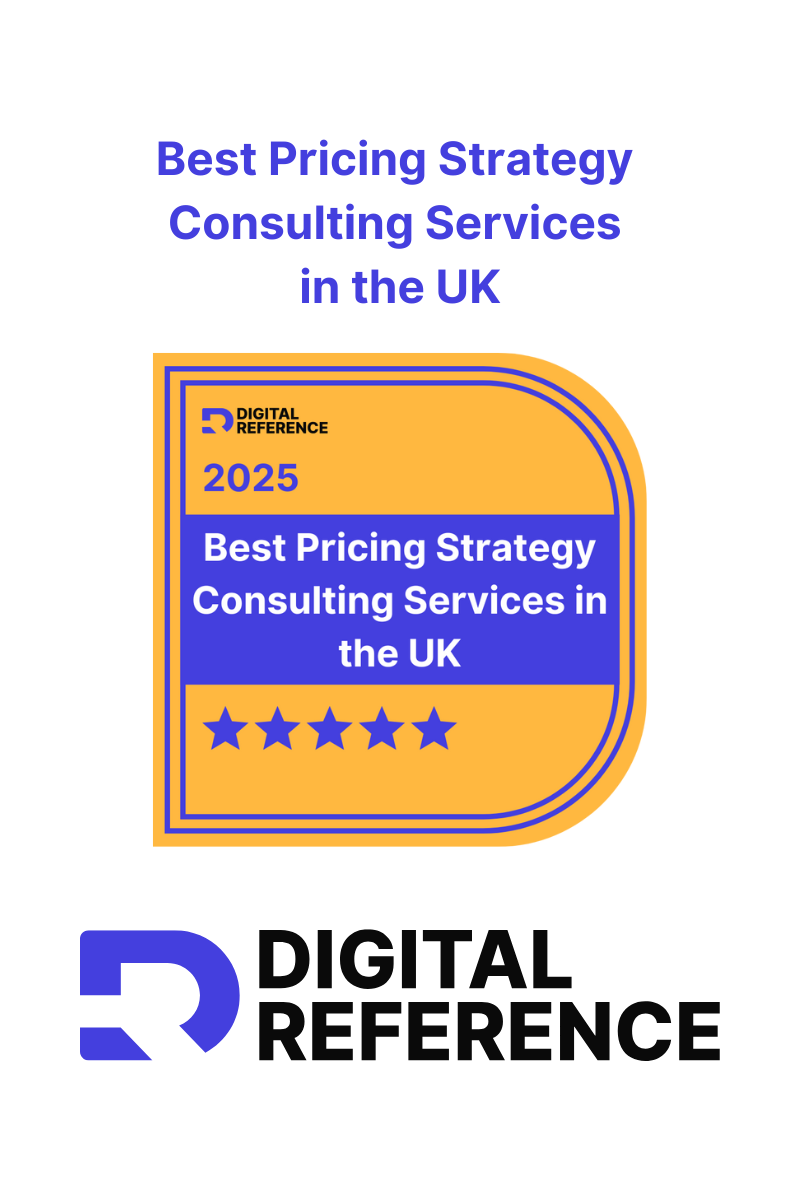
%20Consulting%20Services%20in%20Australia.png)
%20Consulting%20Services%20in%20Canada.png)
%20Consulting%20Services%20in%20the%20USA.png)
%20Consulting%20Services%20in%20the%20UK.png)
.png)
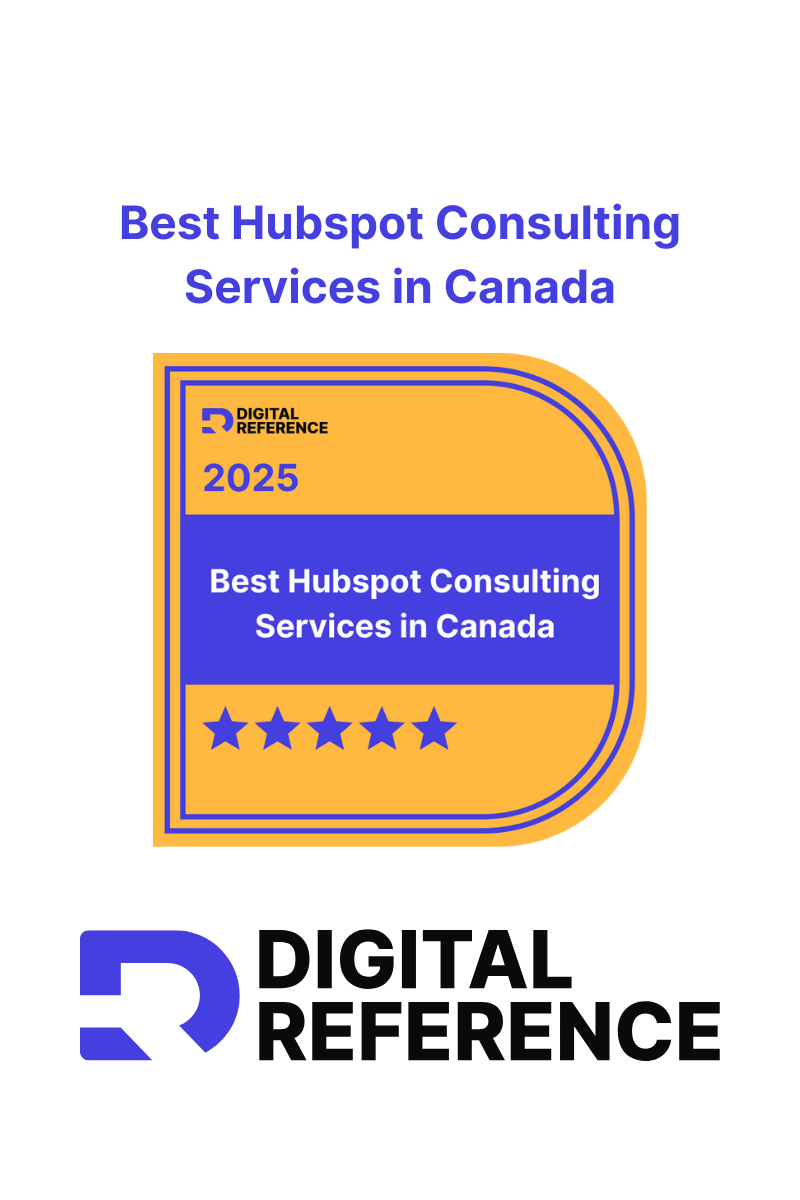
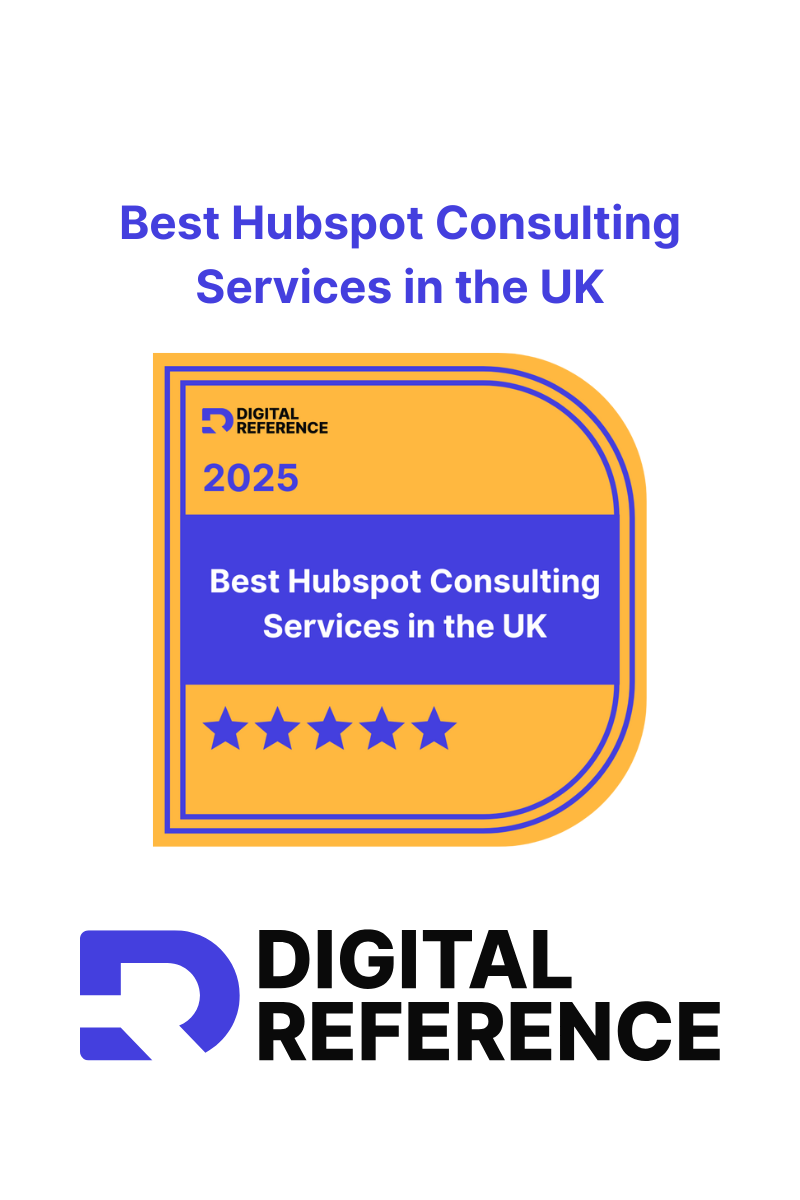
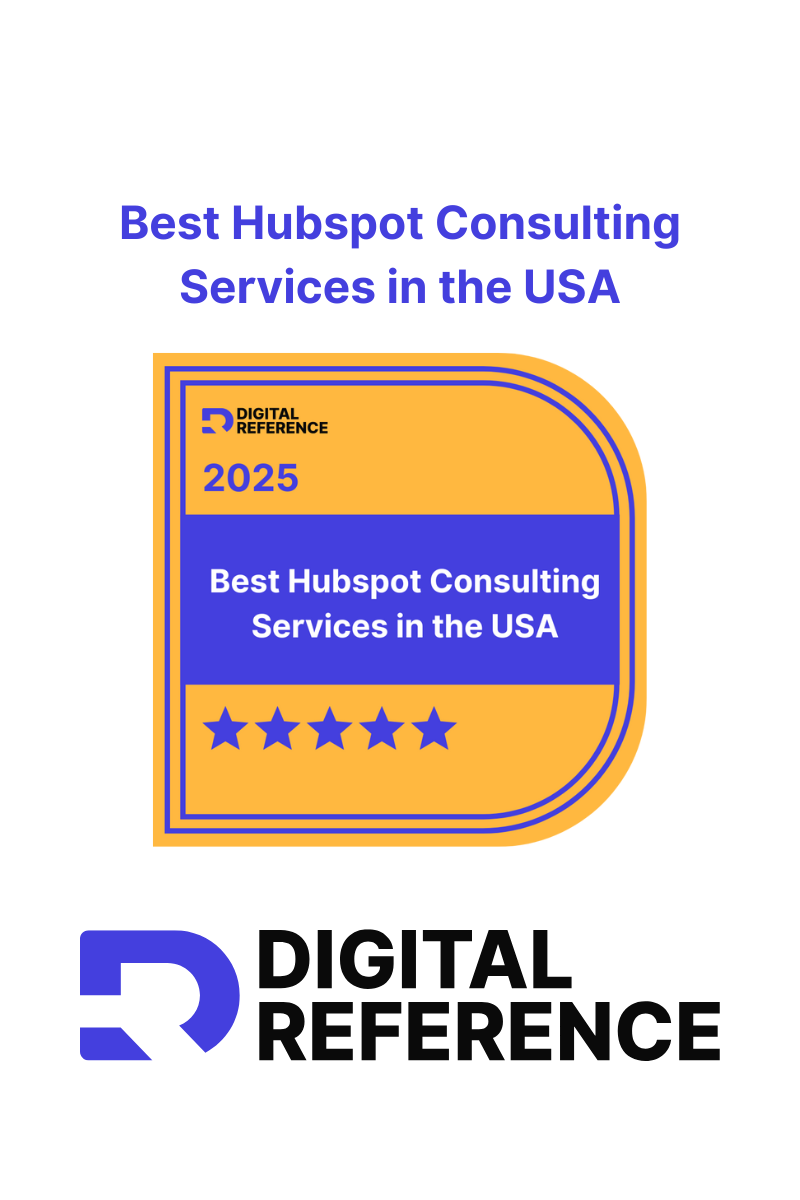
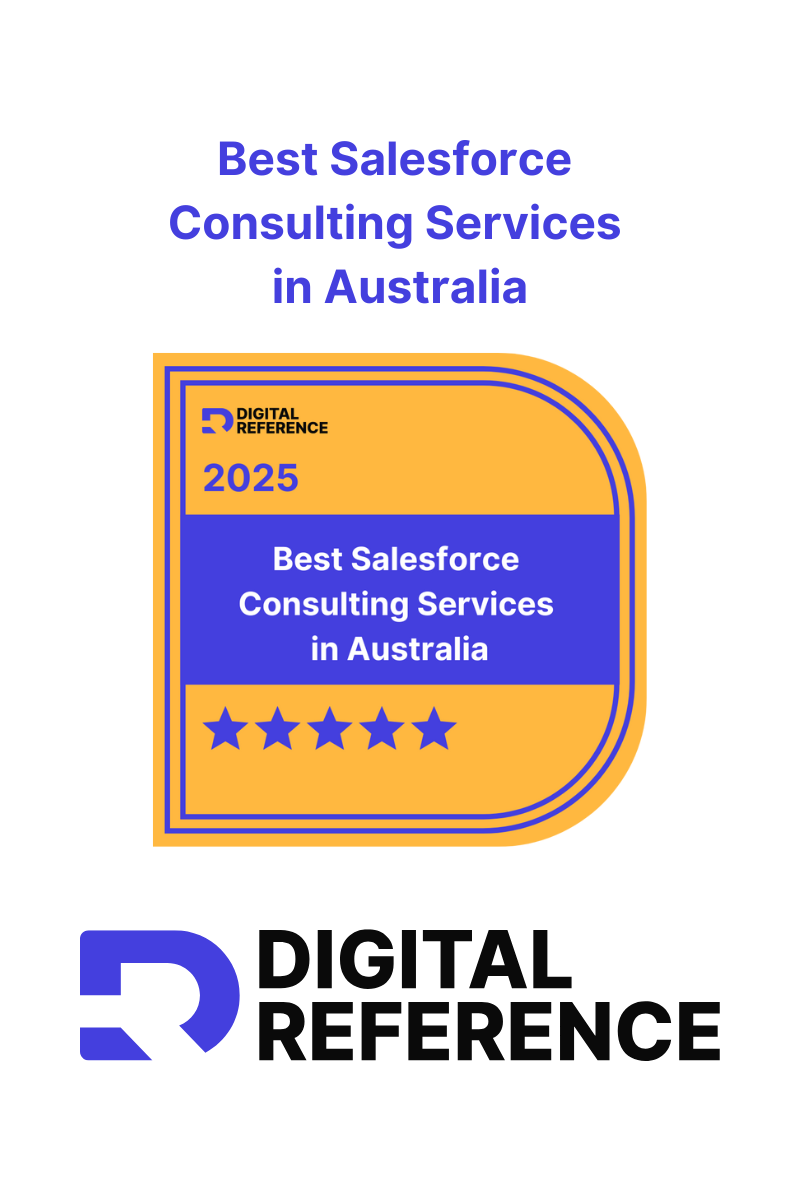
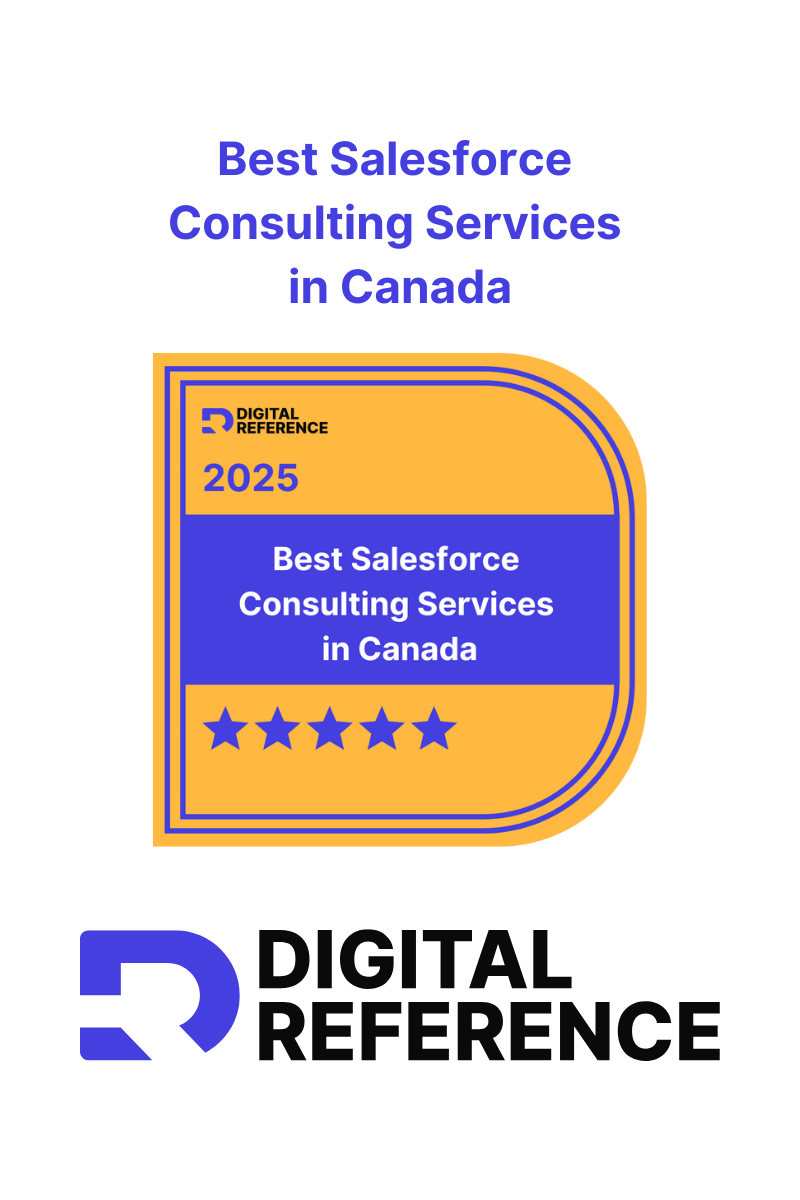

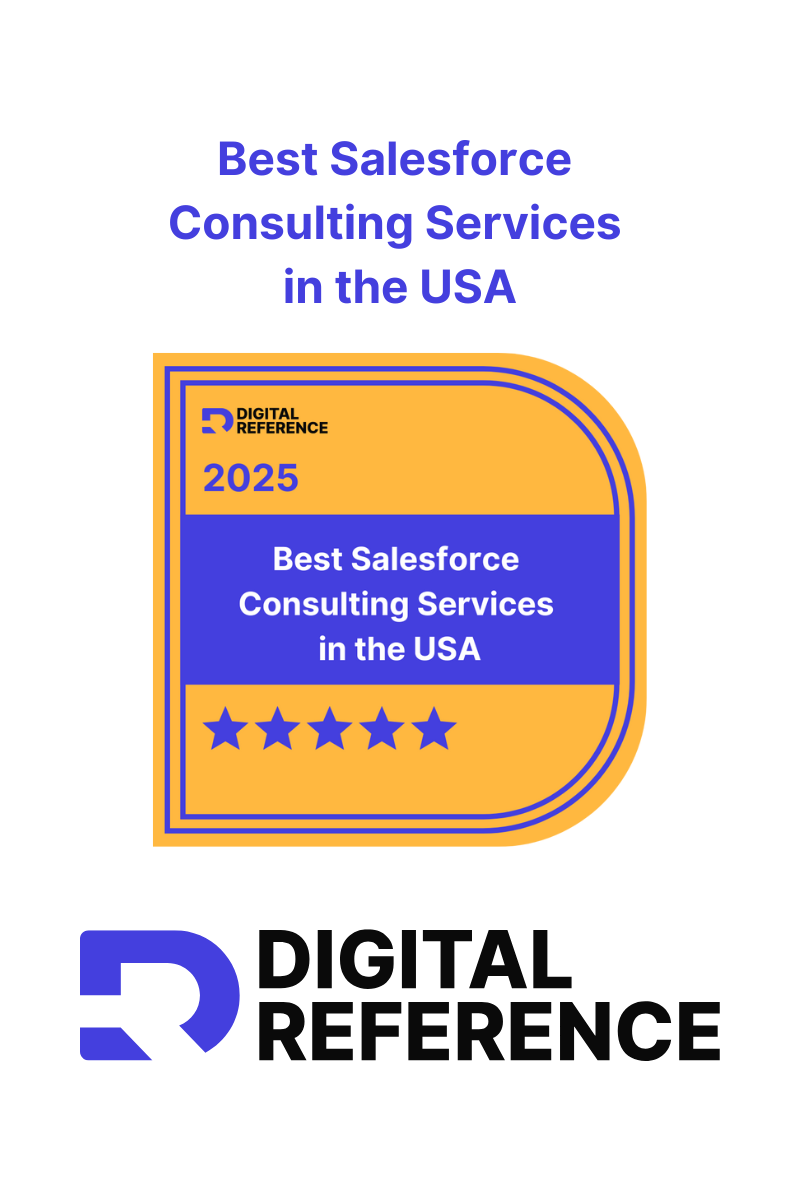
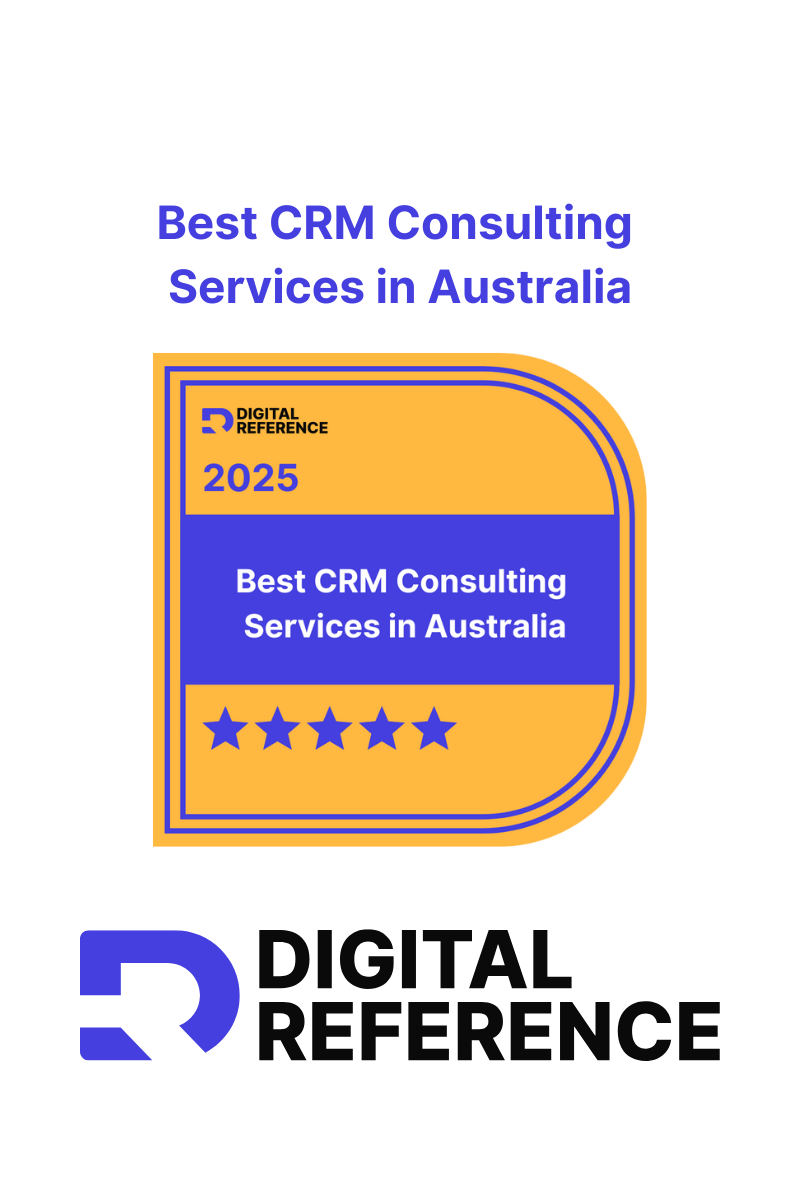
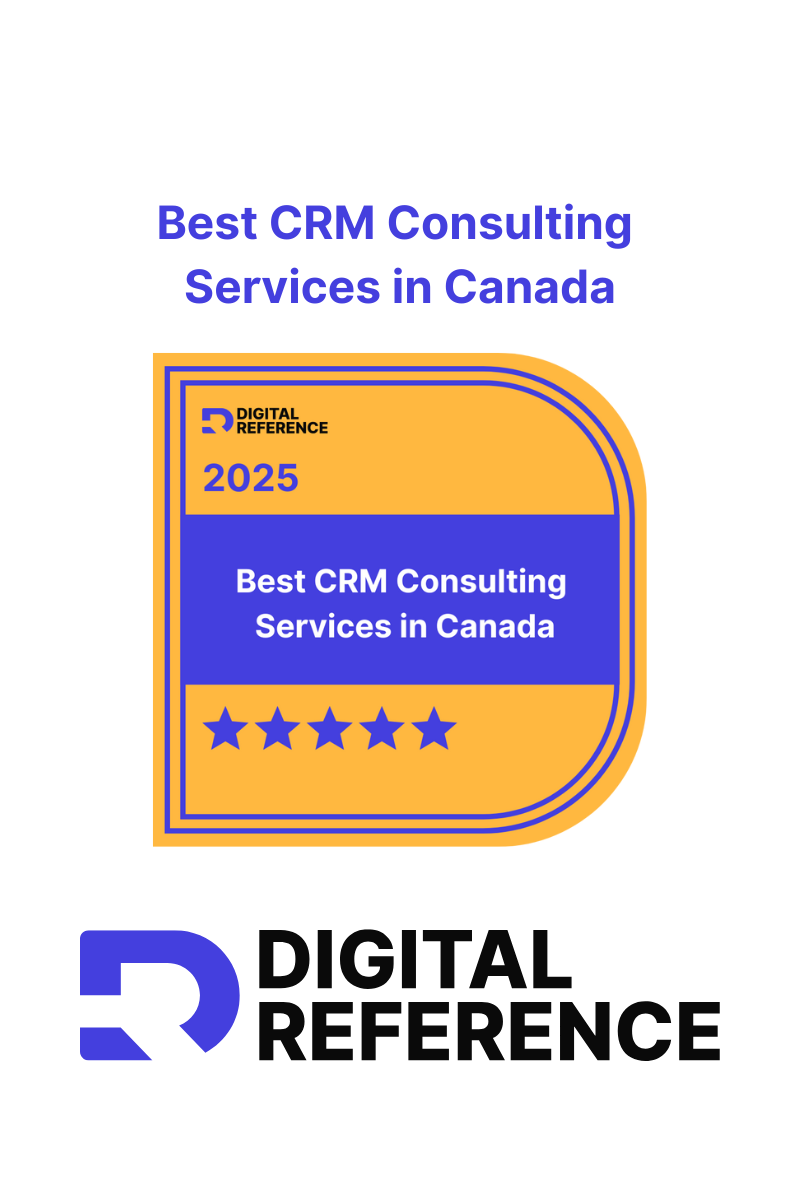
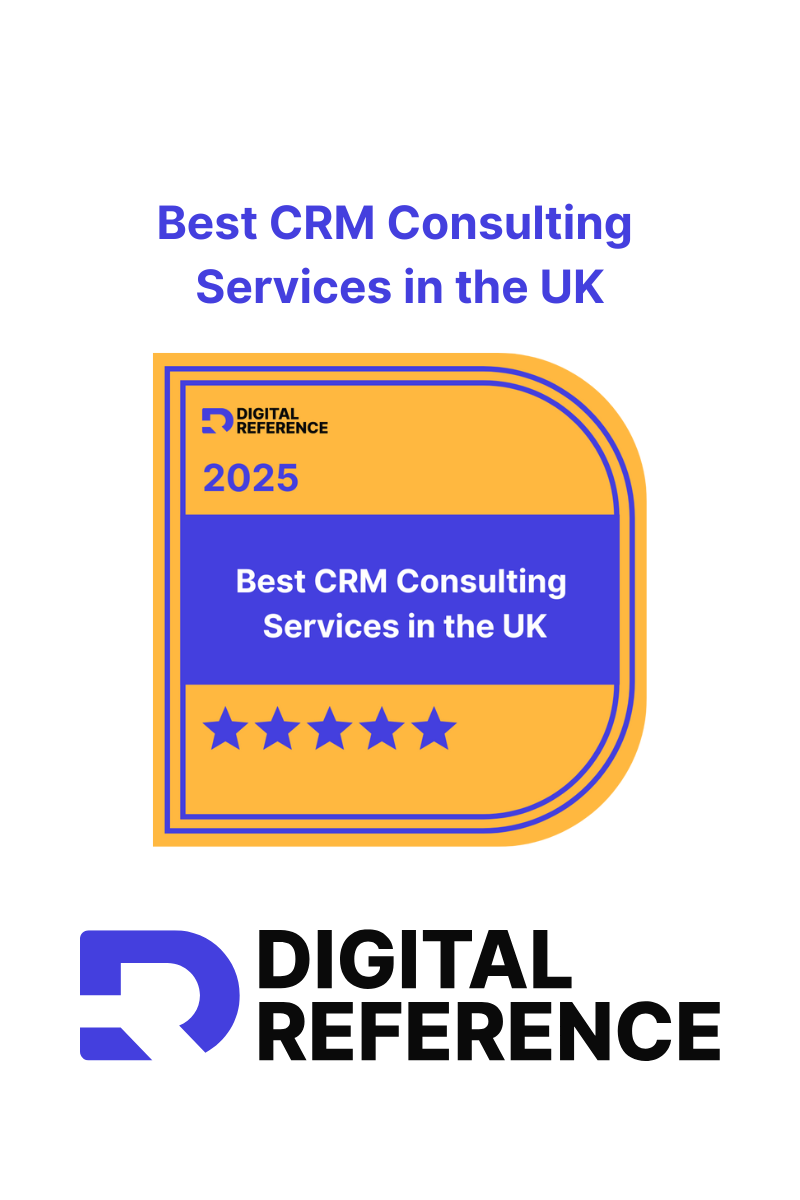
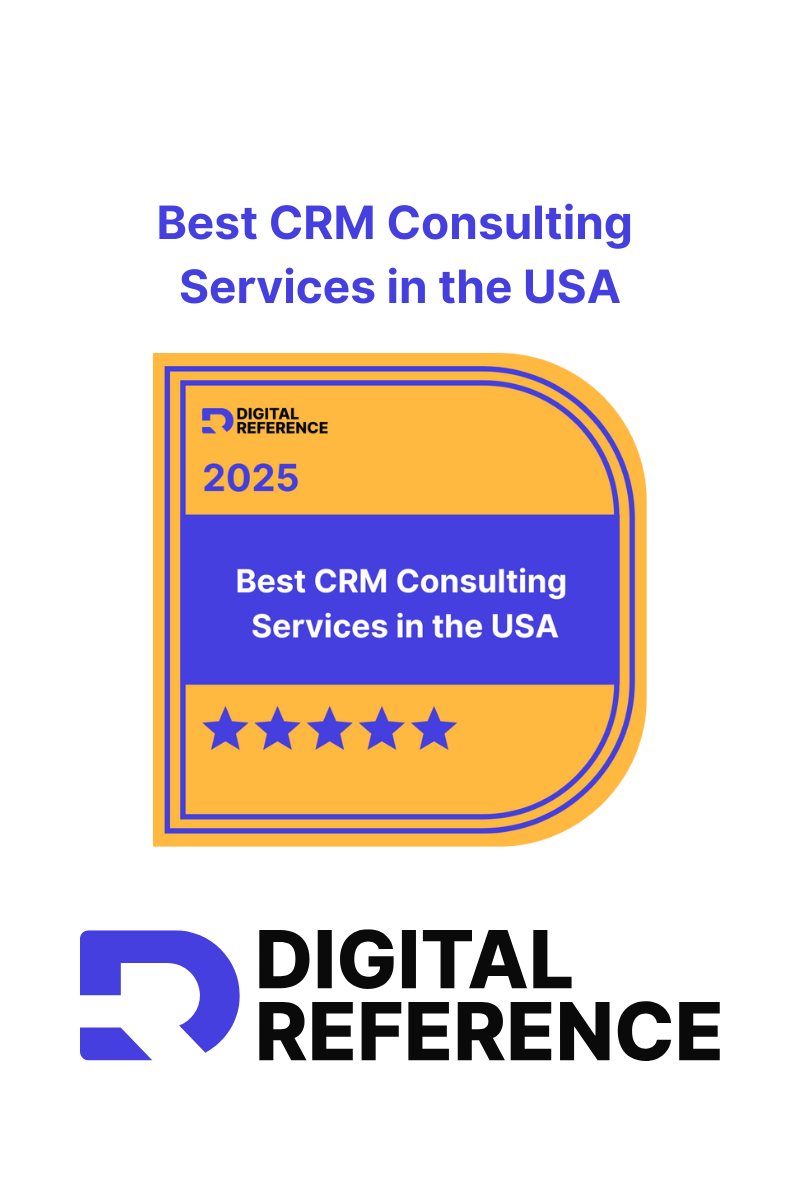
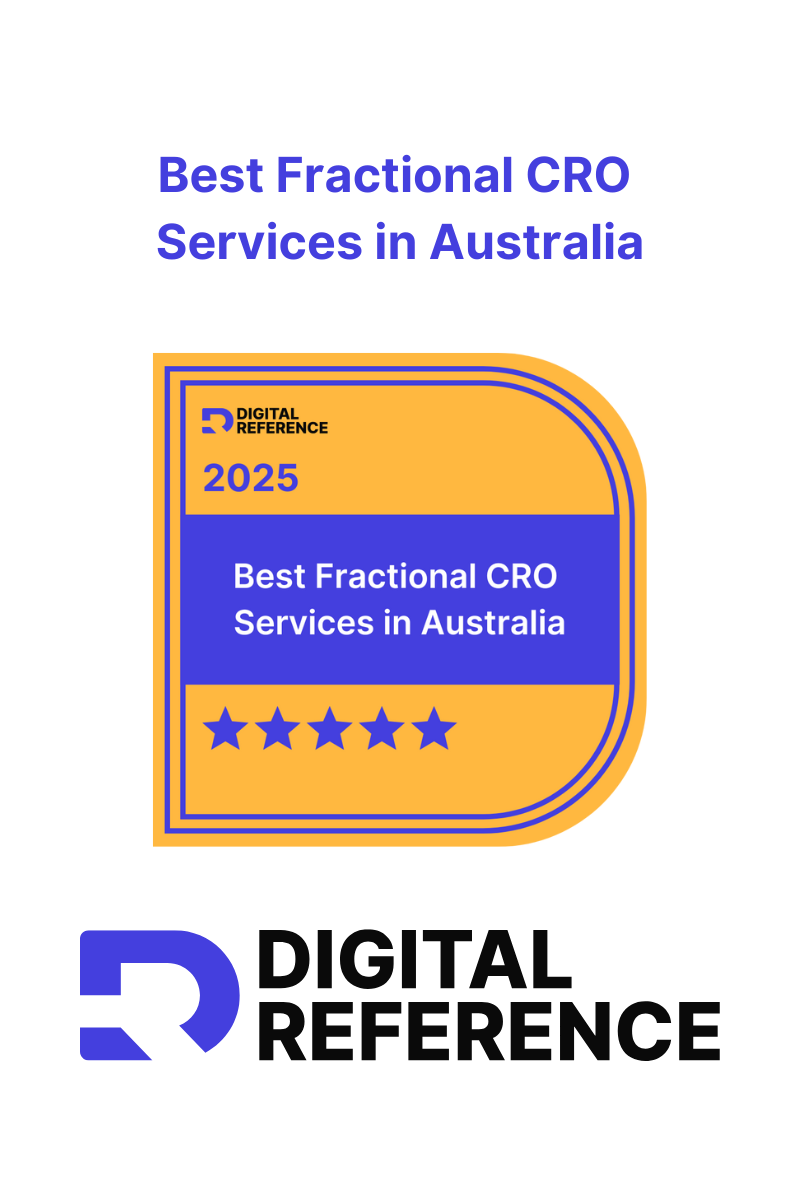
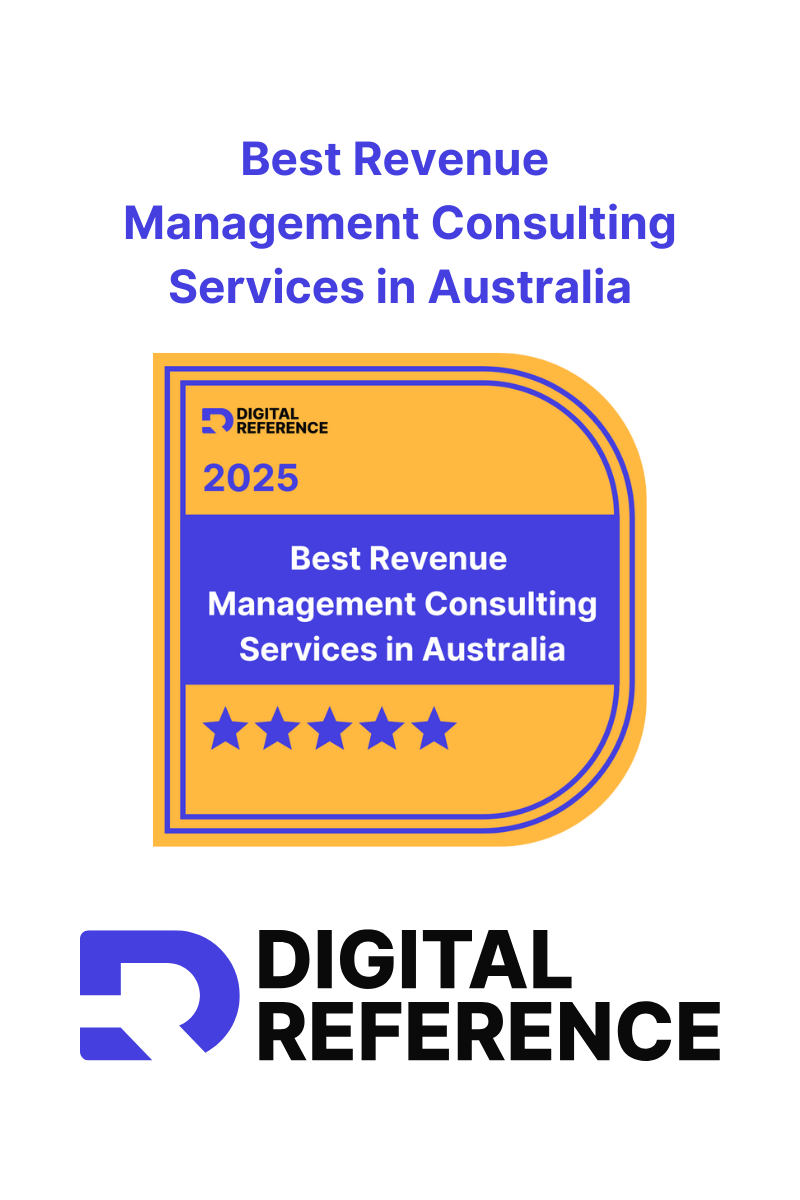
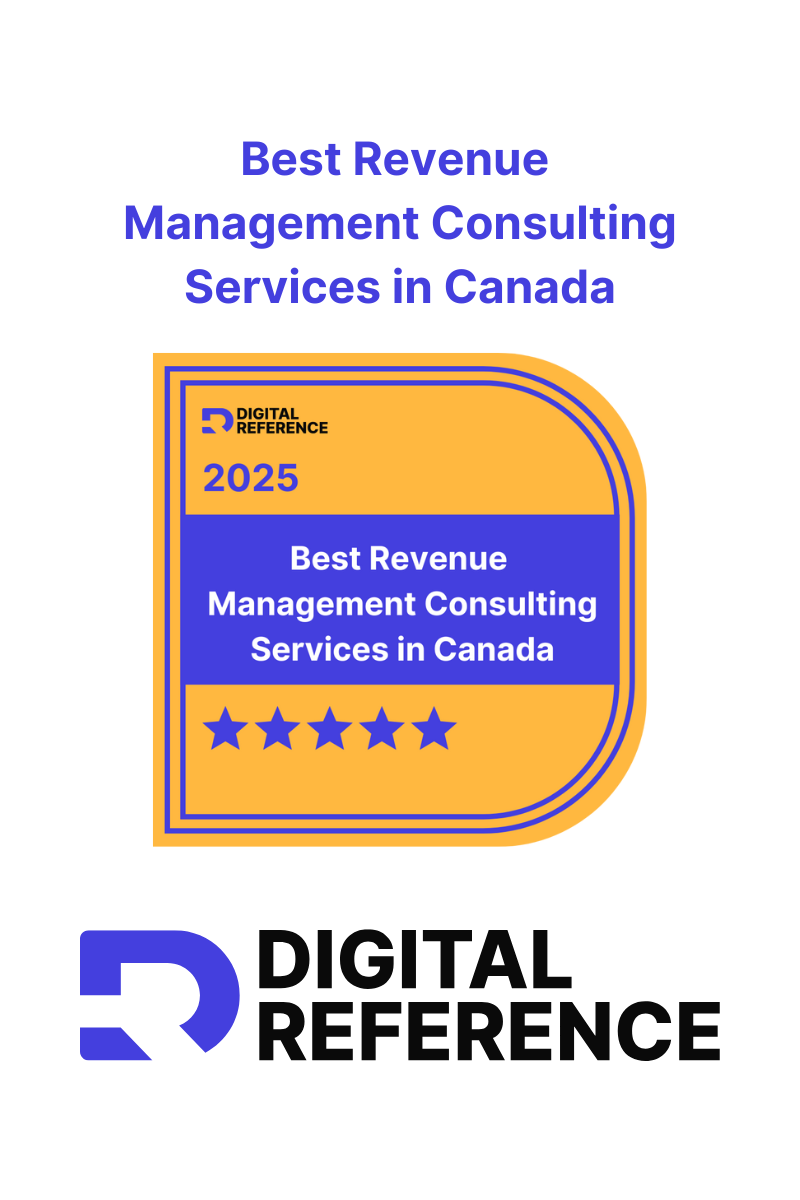

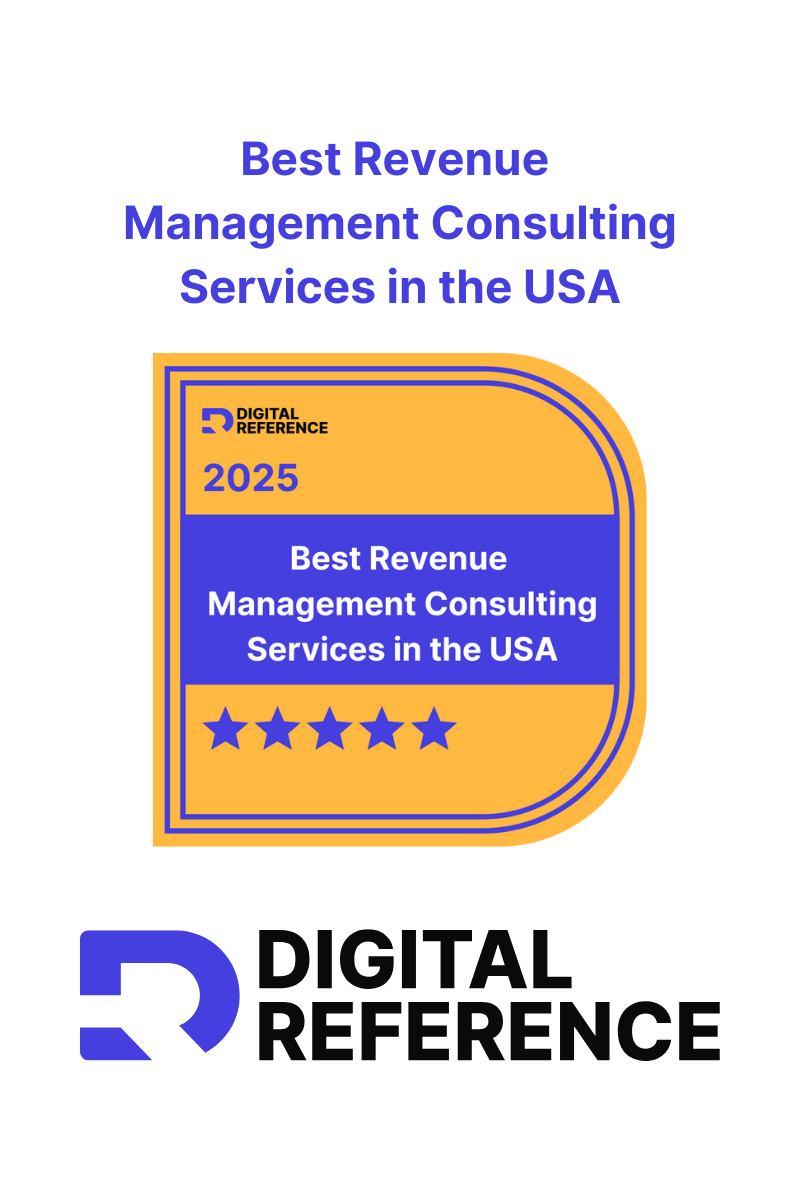
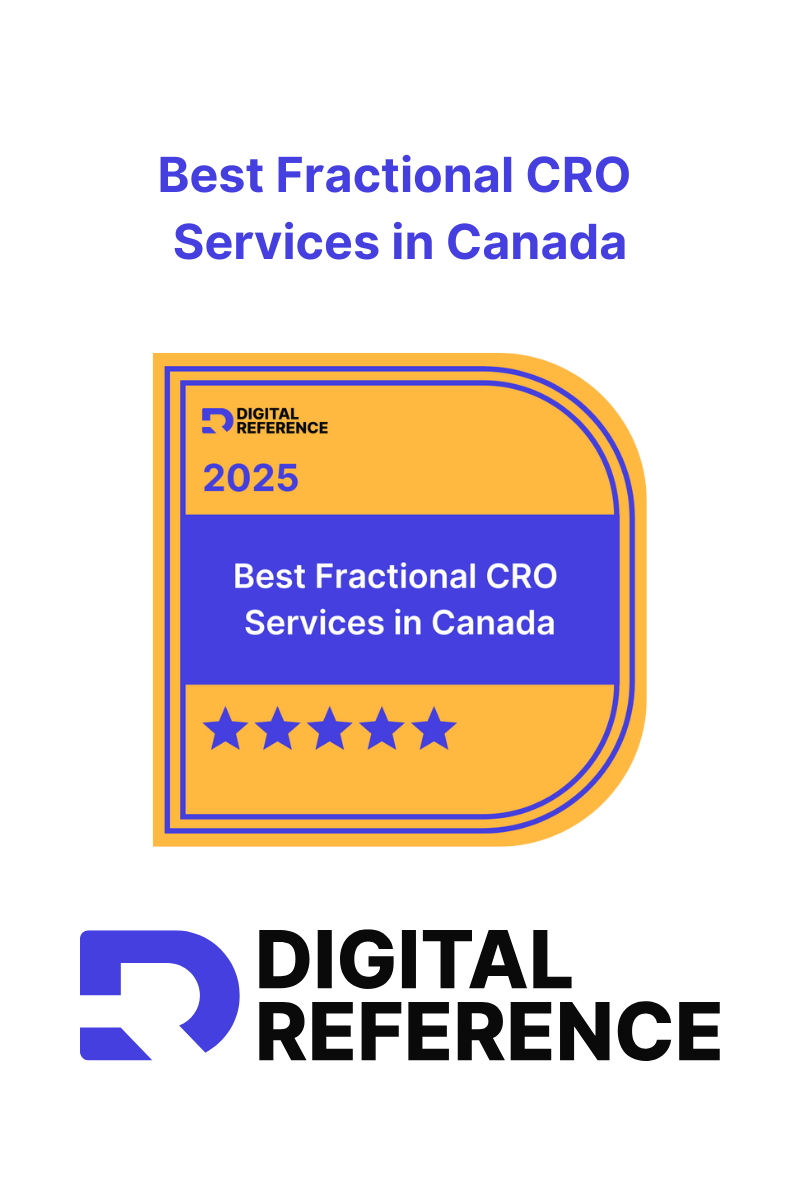
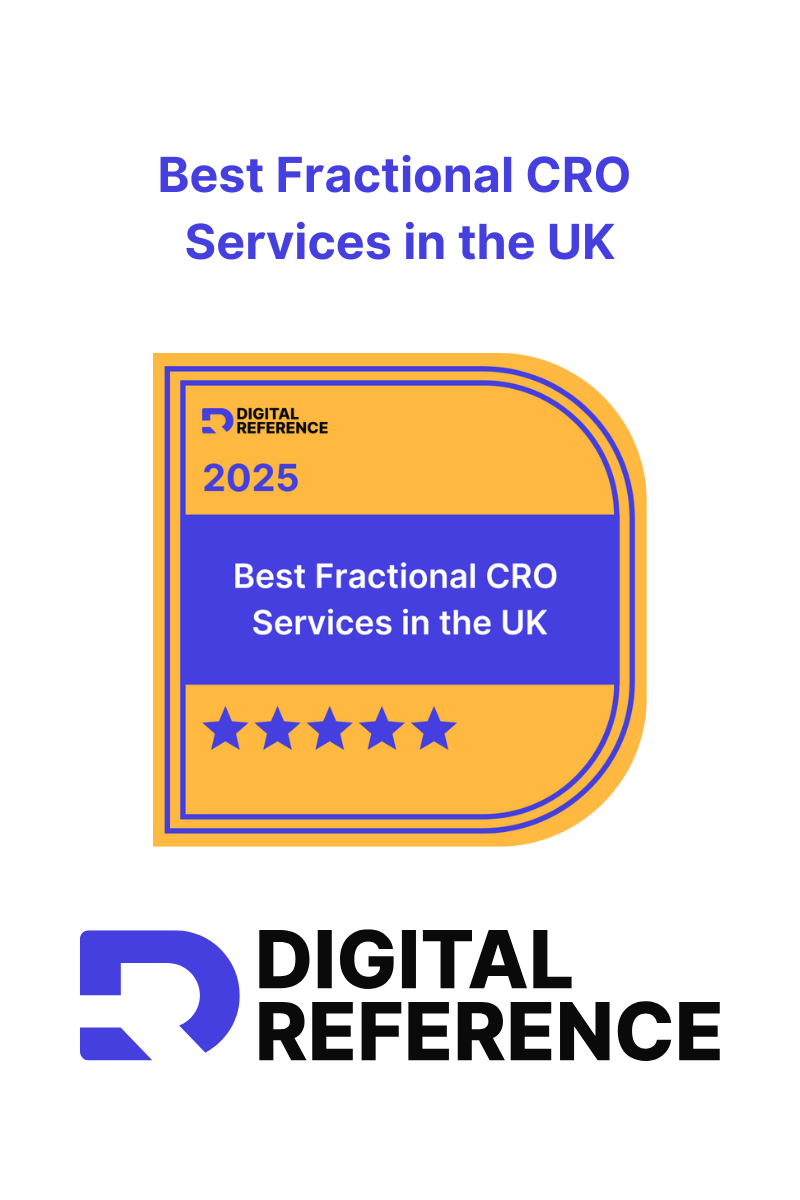
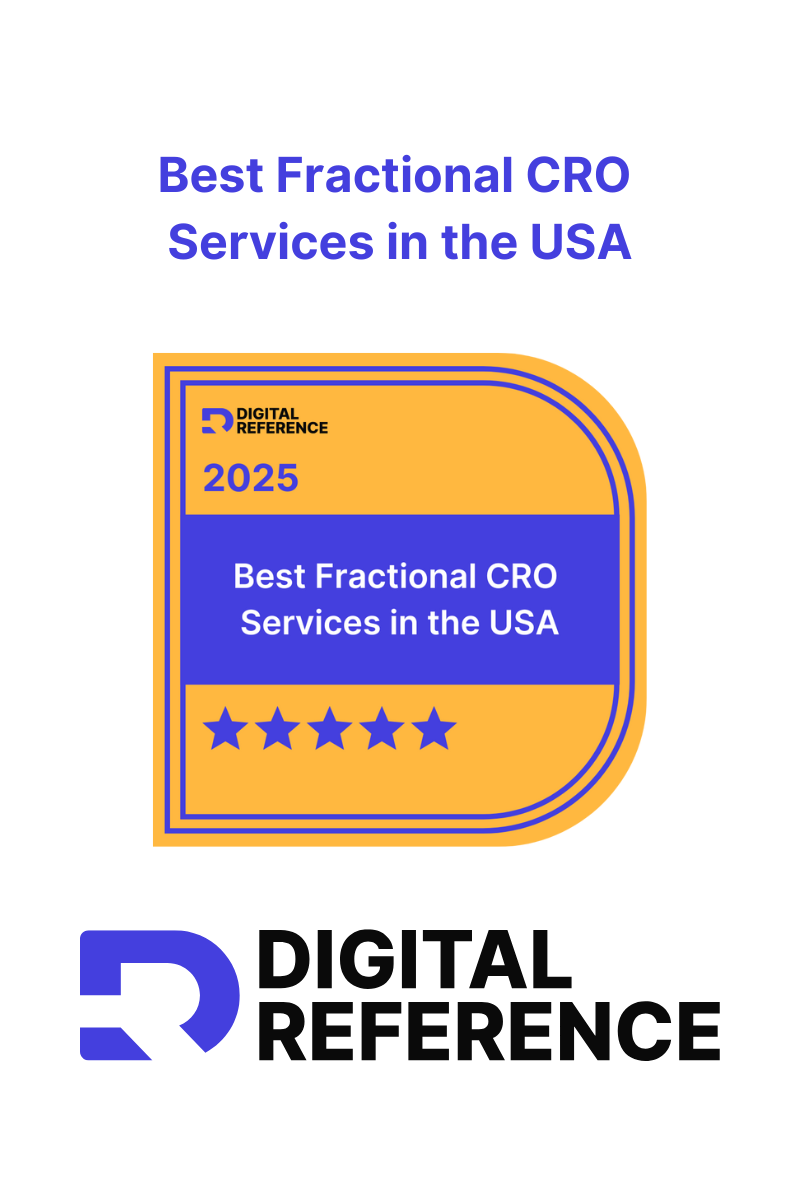

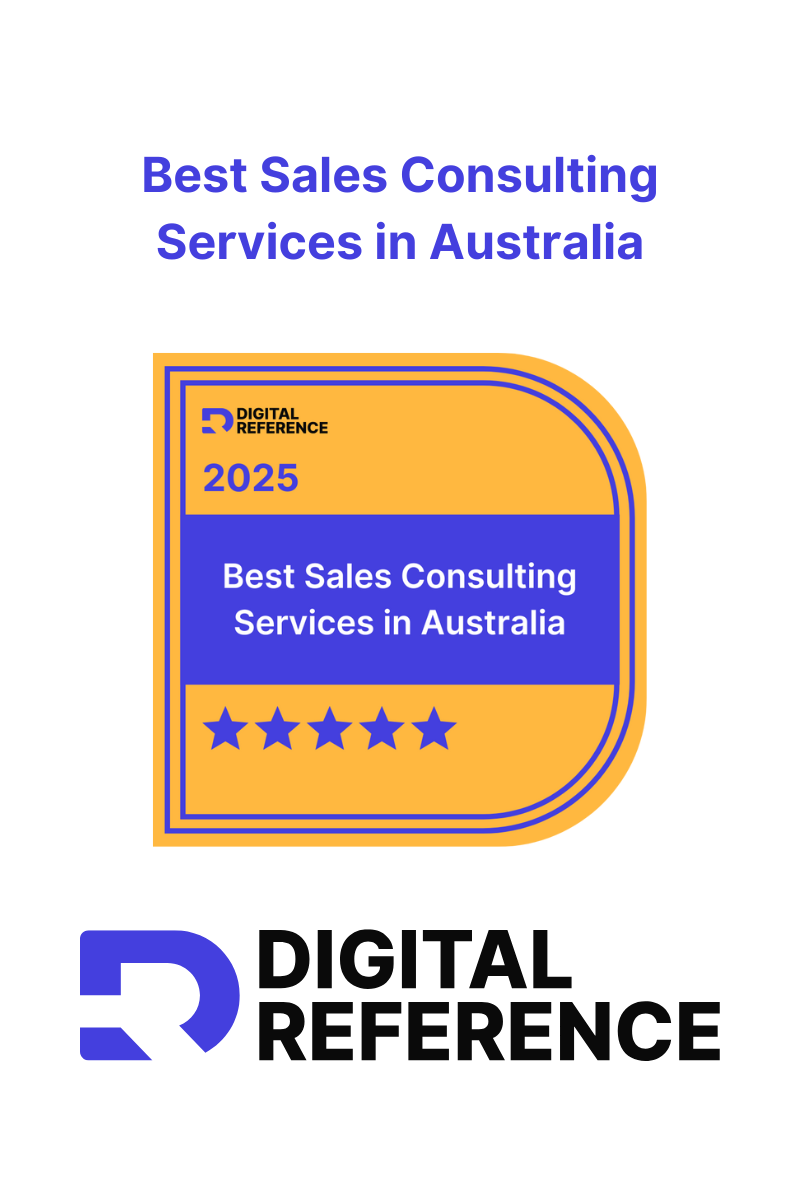
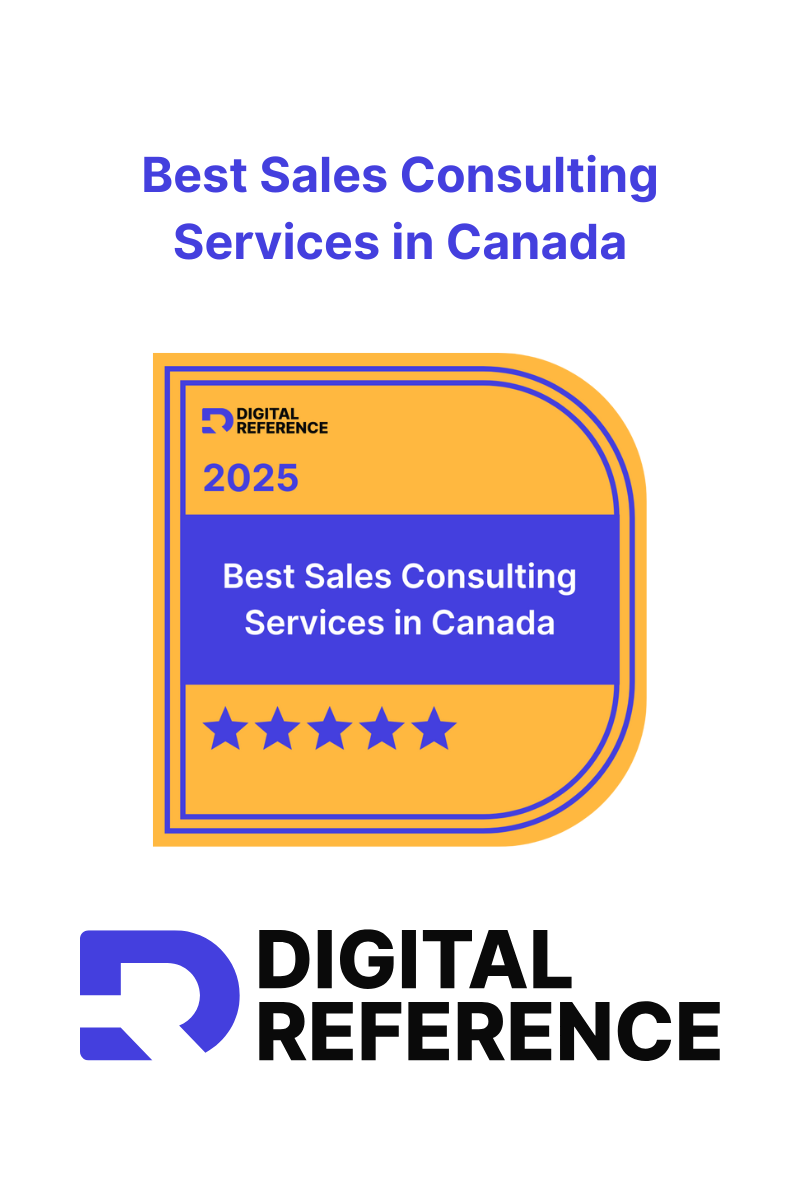
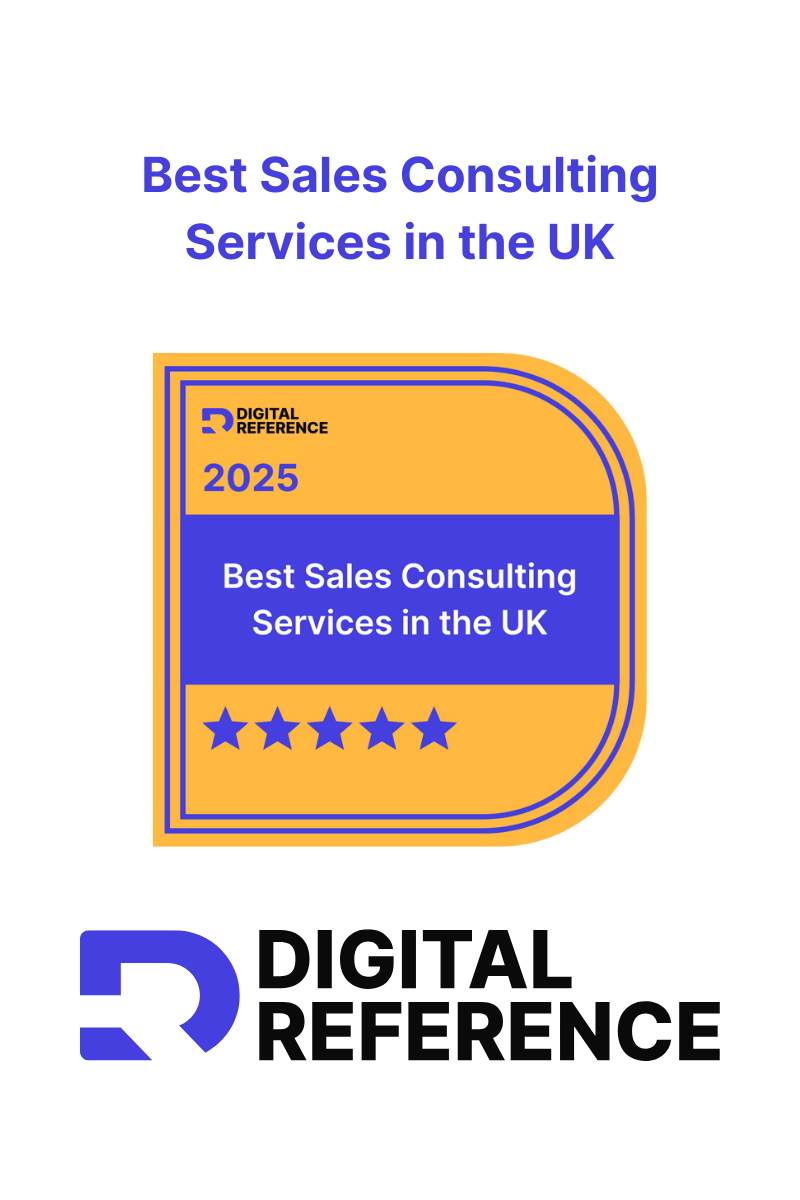
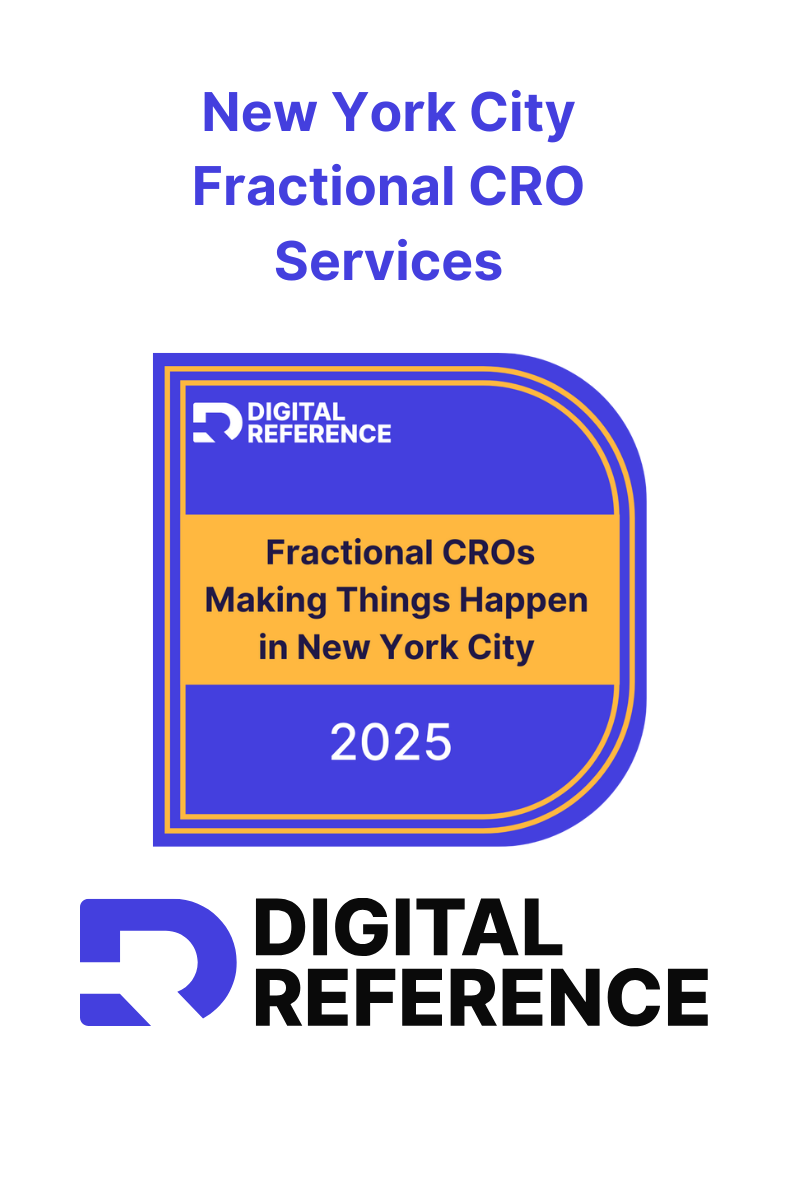
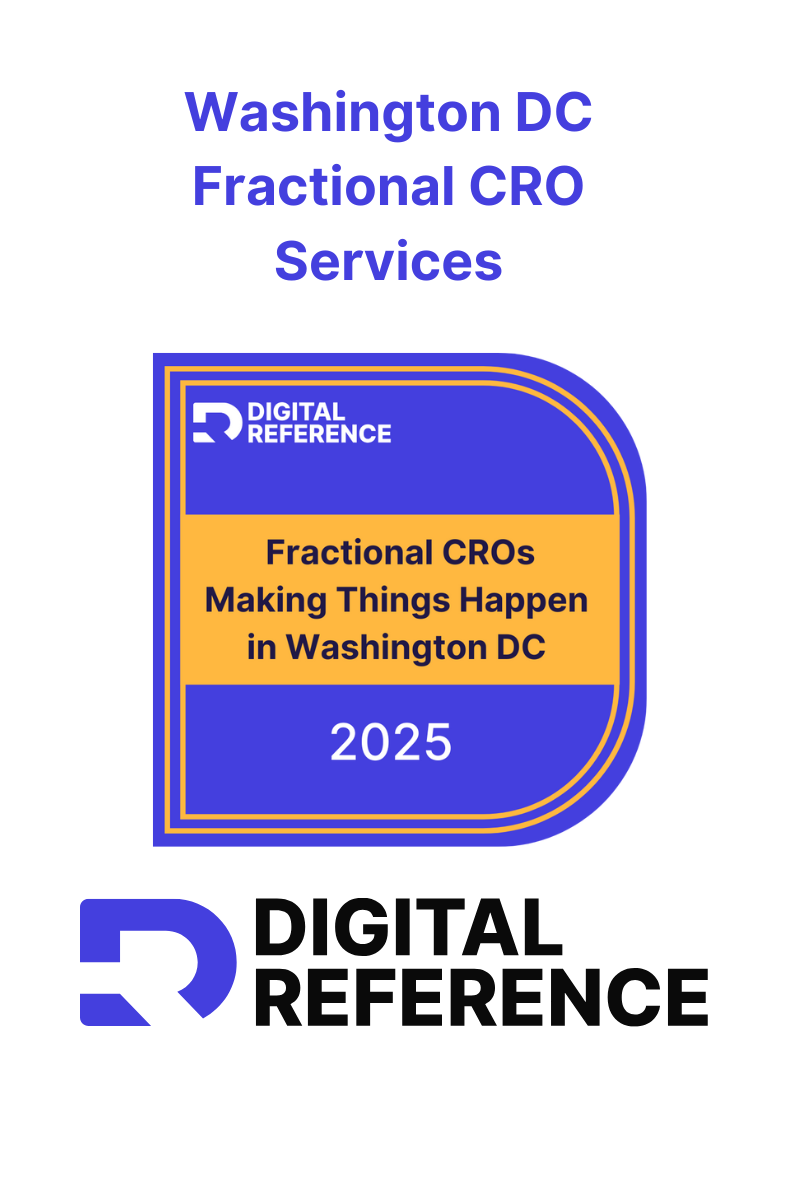
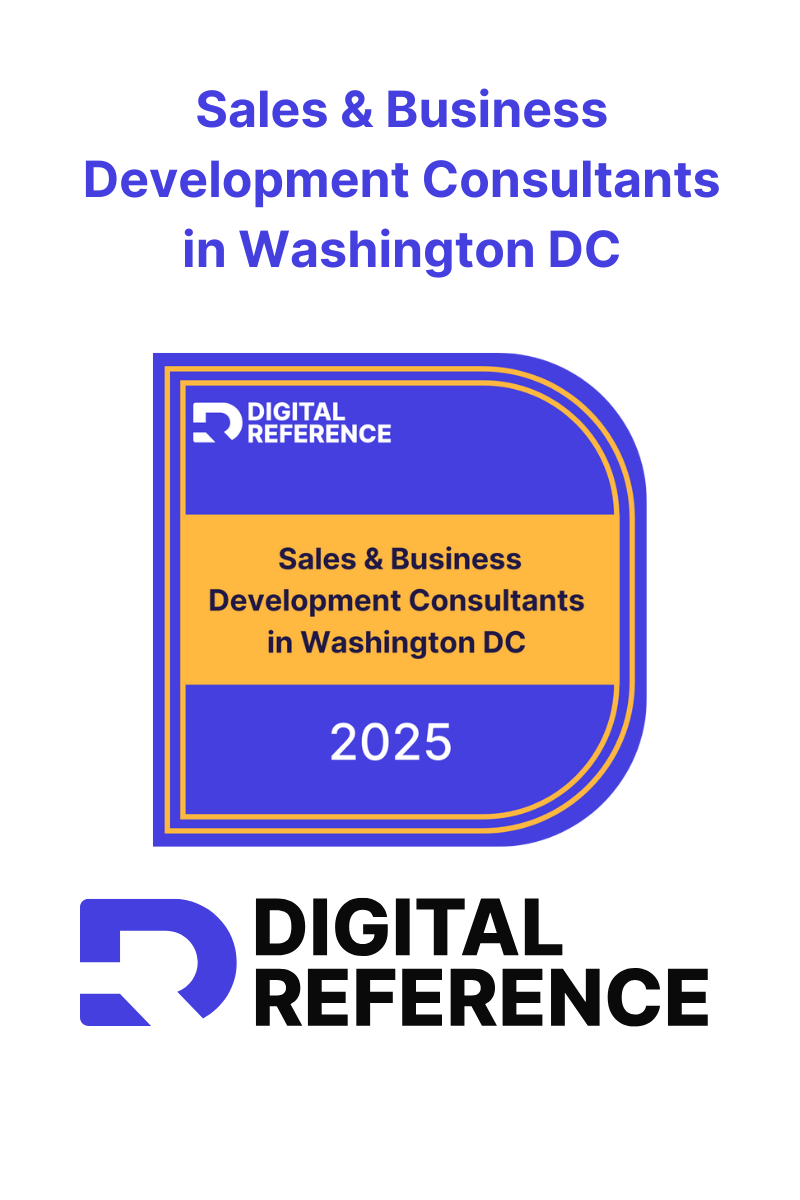
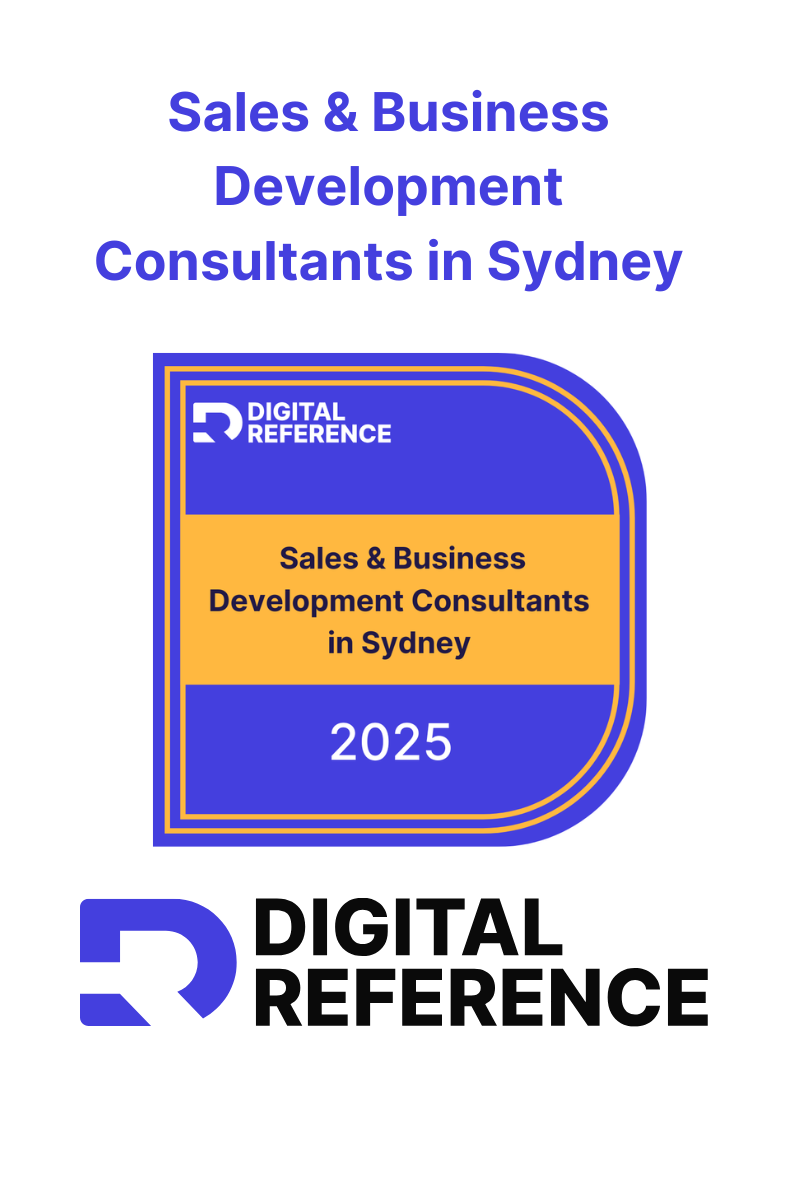
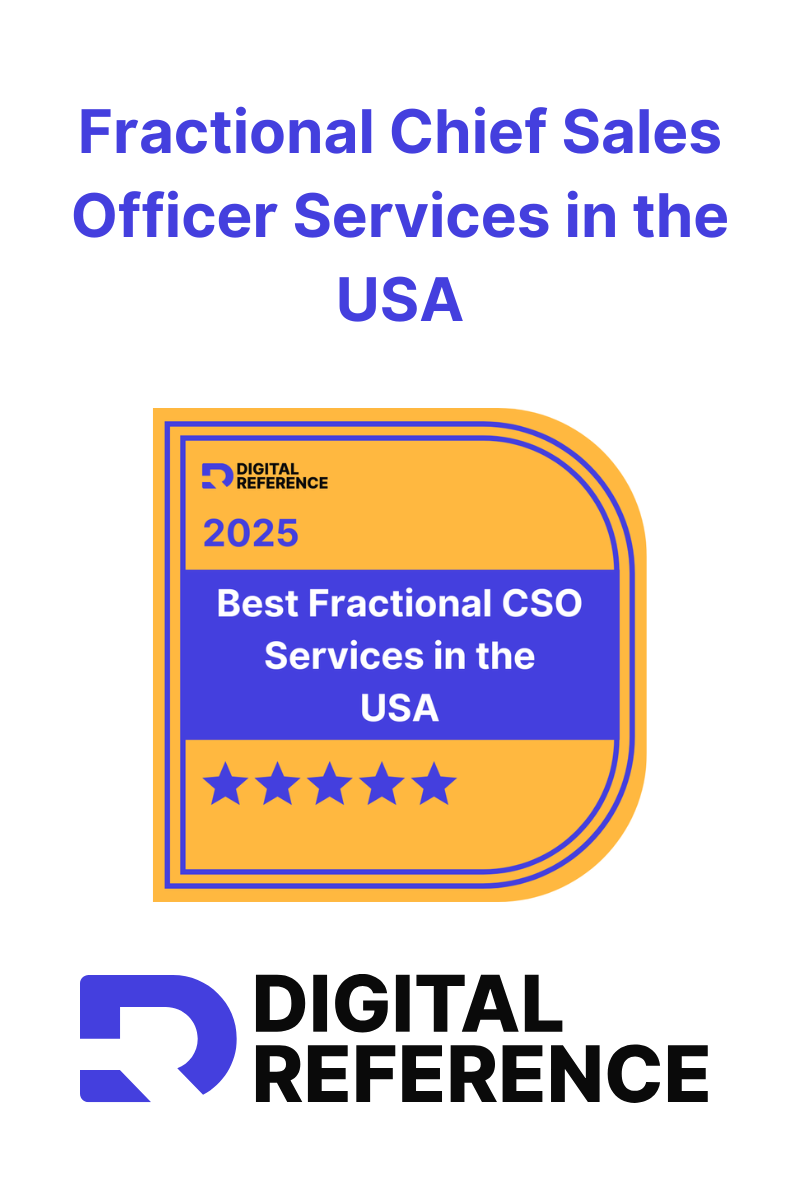
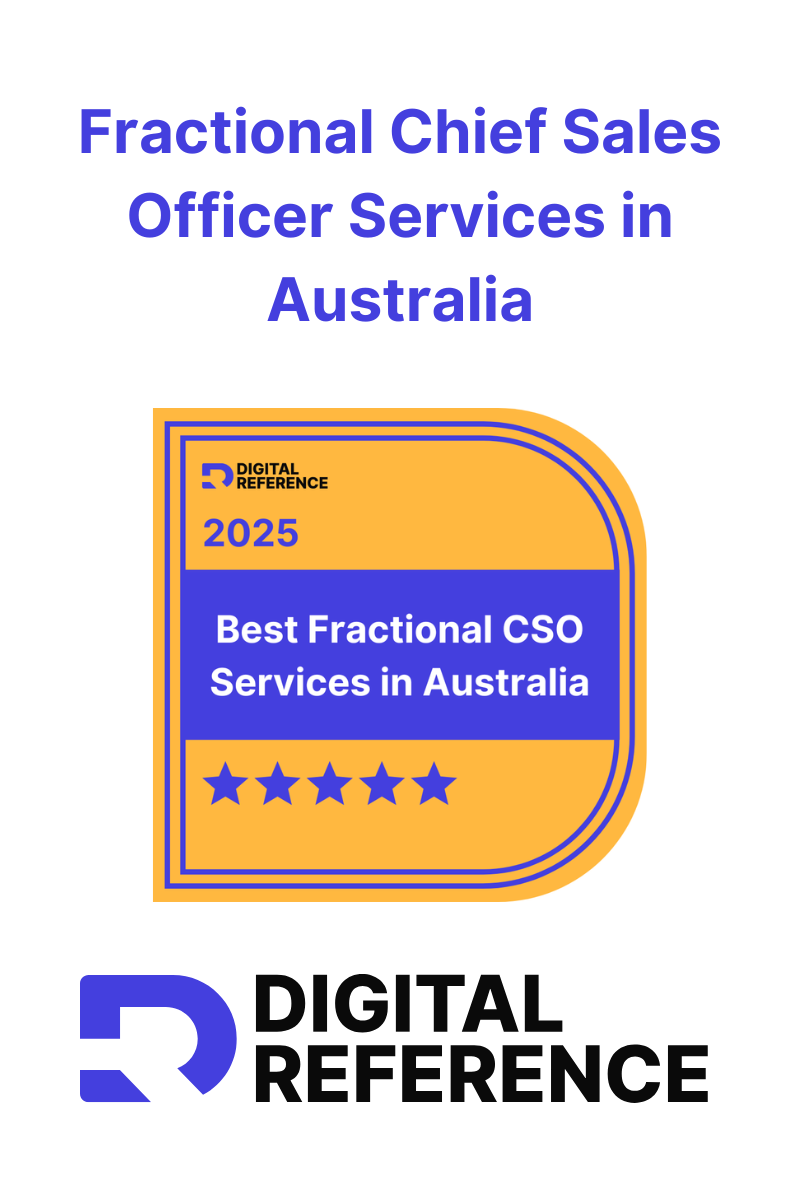
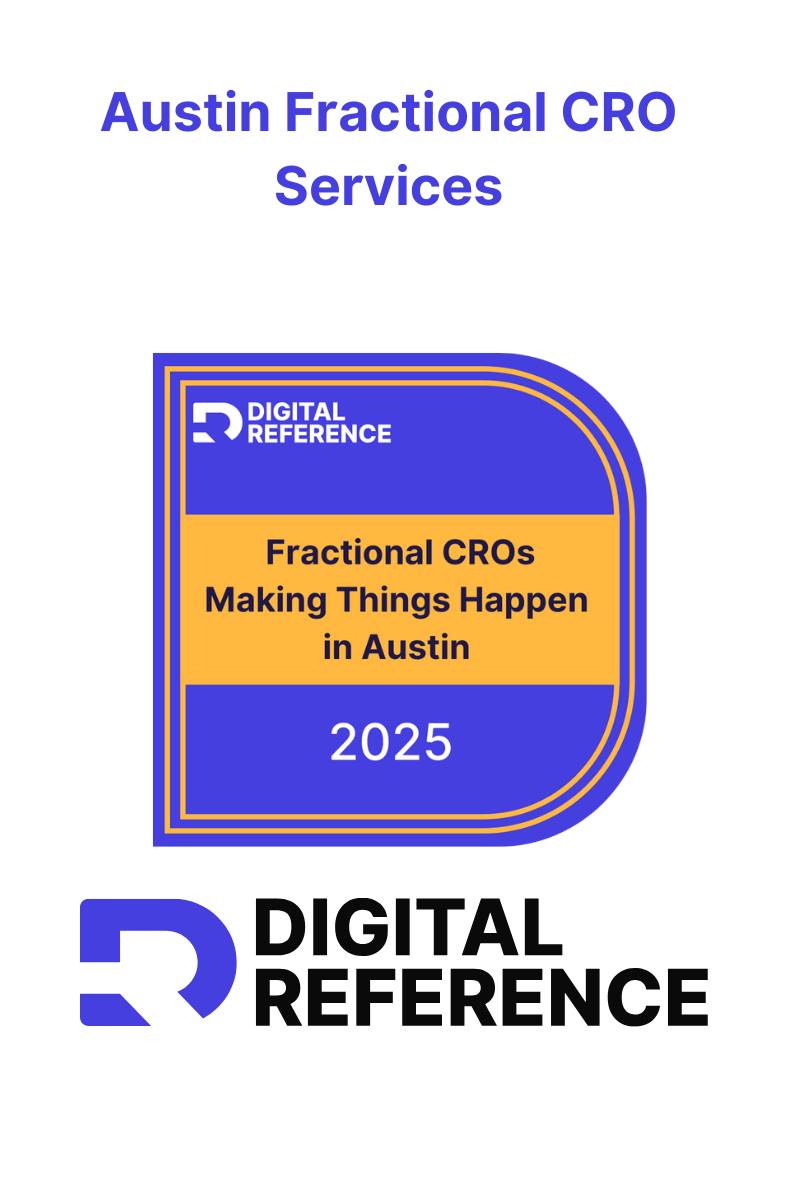
.png)
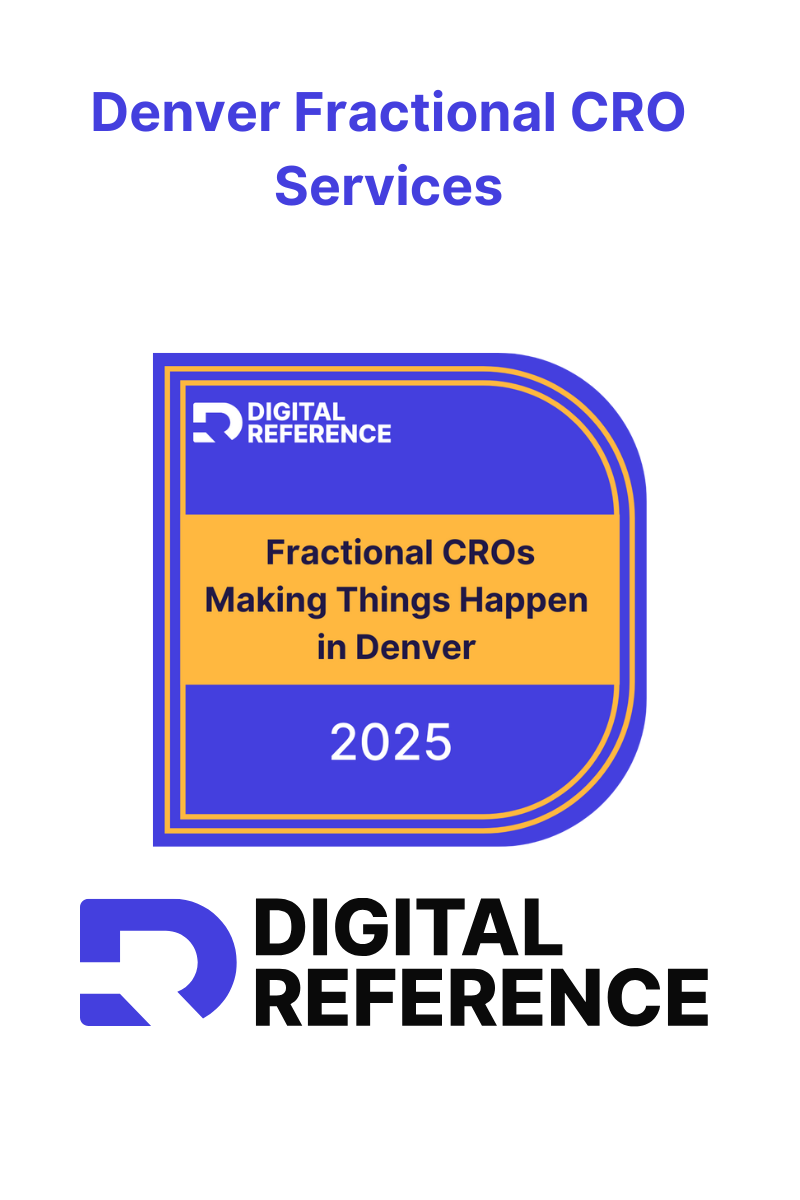
.png)
.png)
.png)
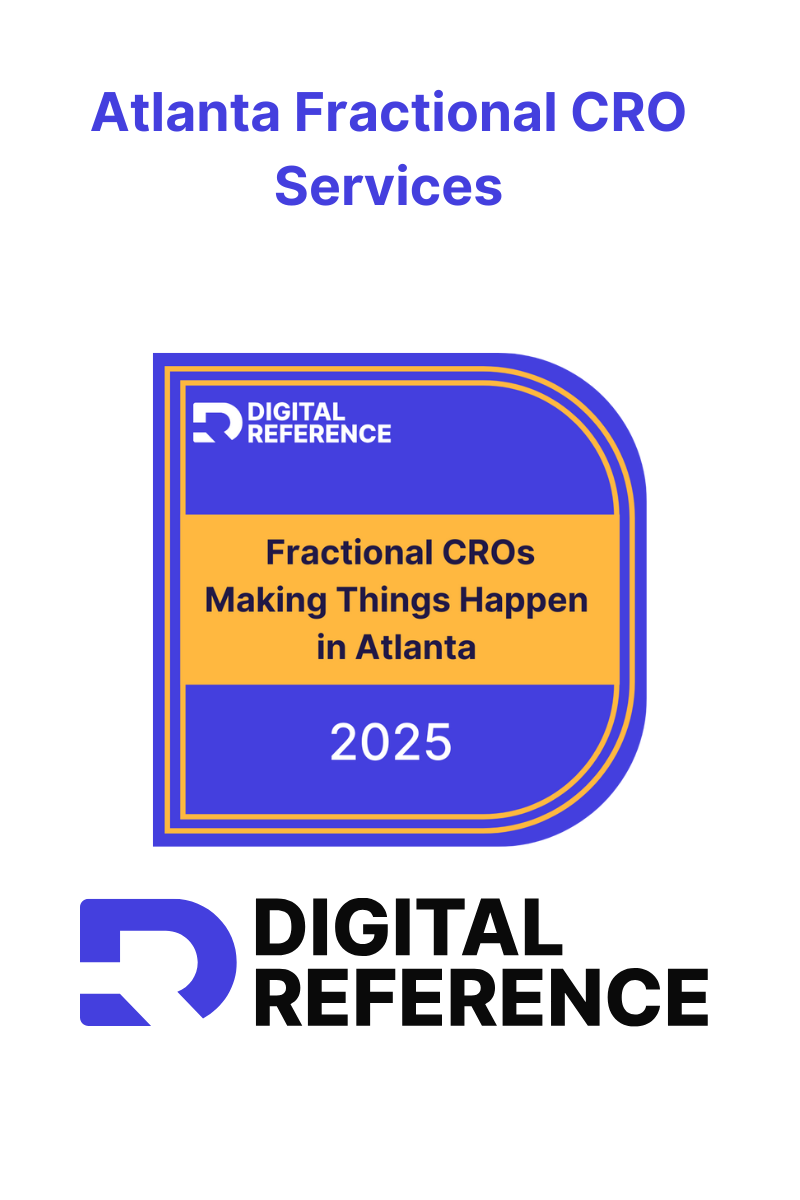
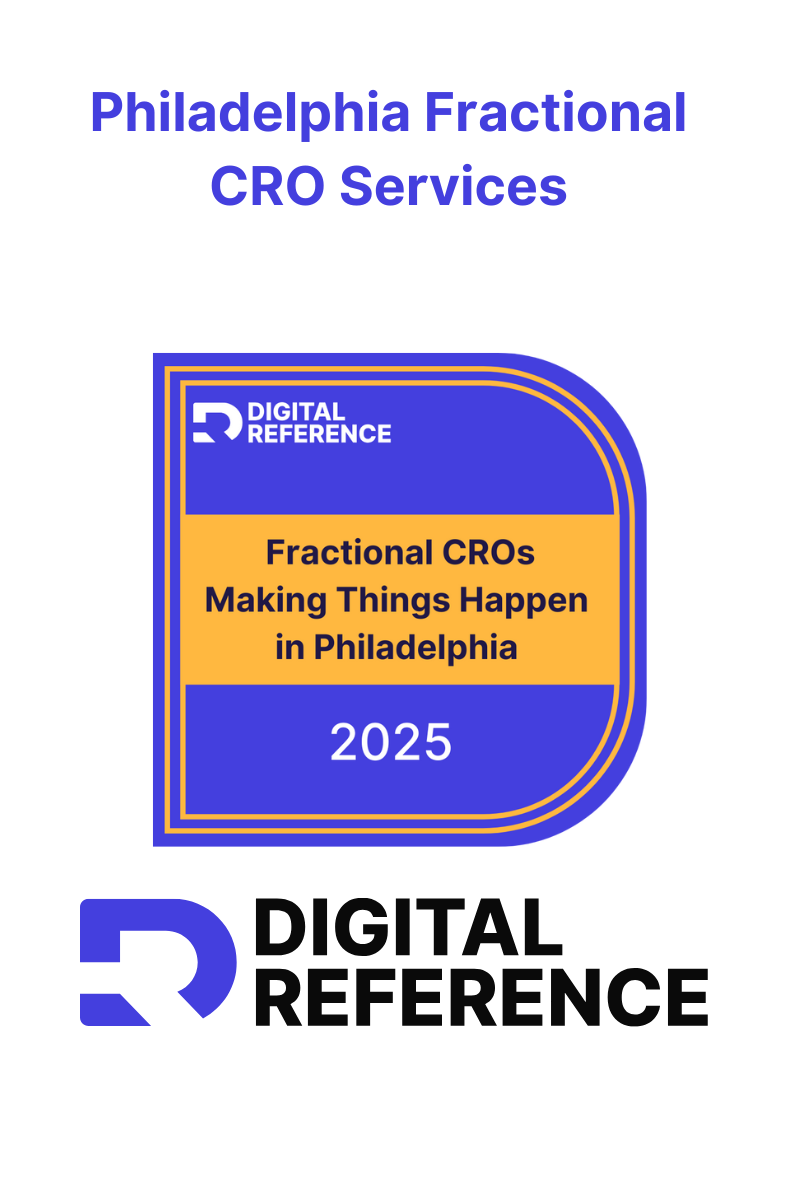
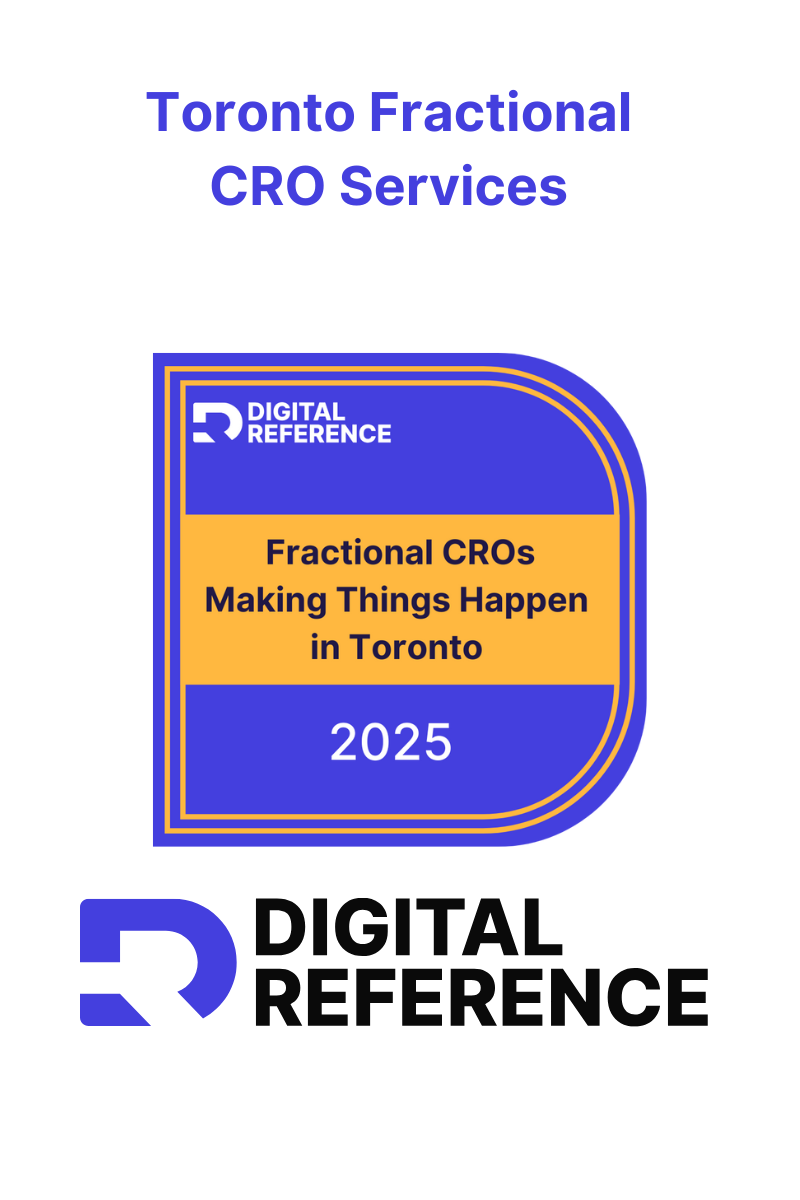
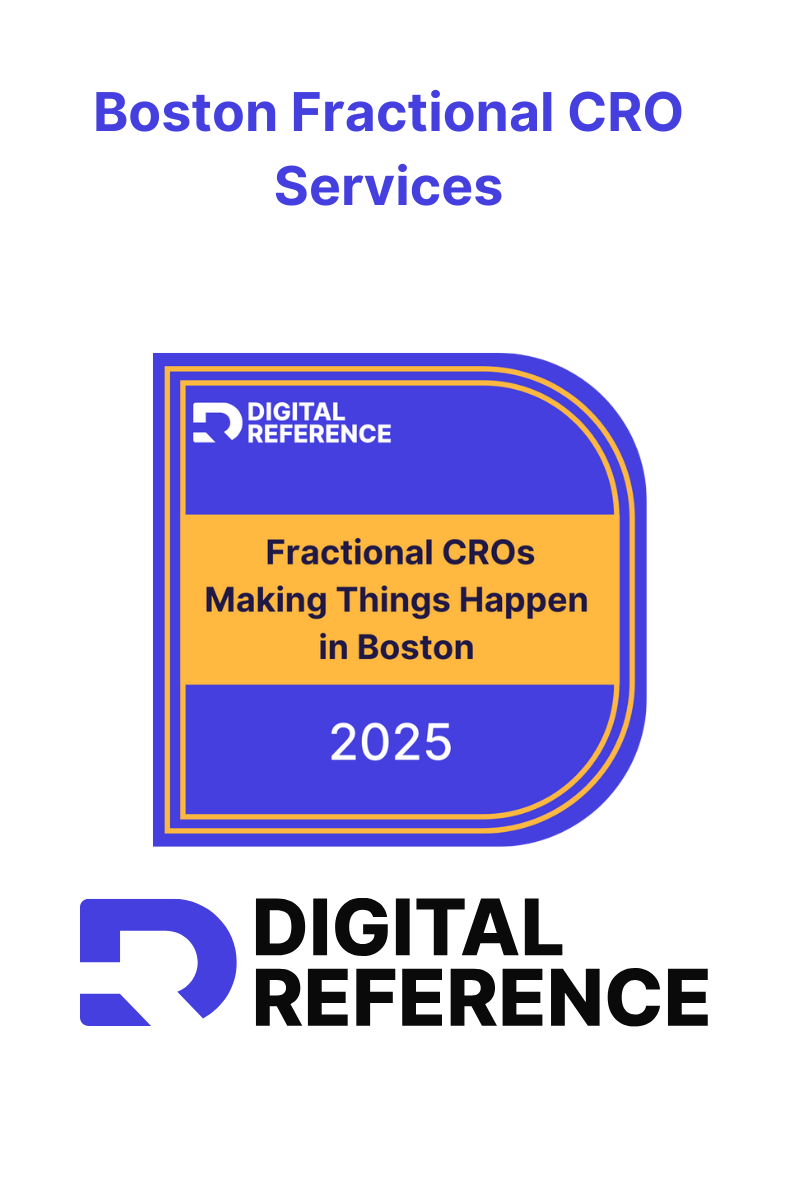
.png)
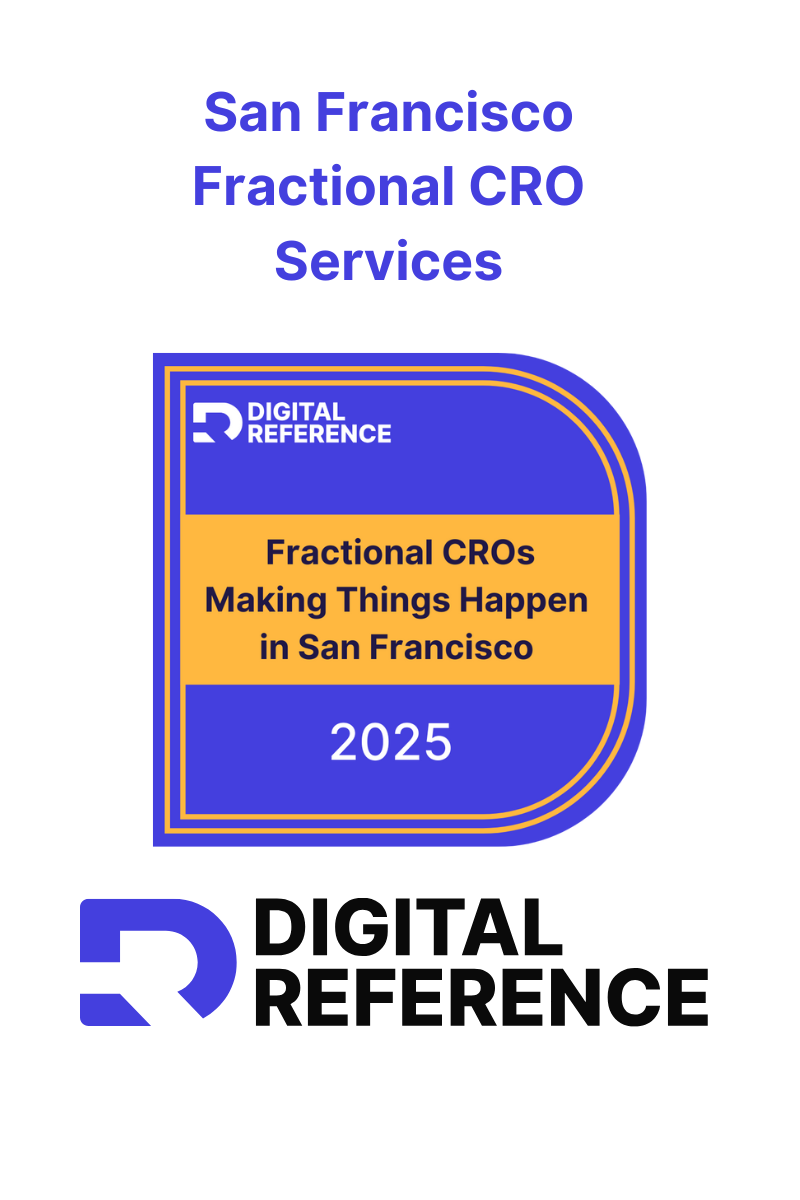
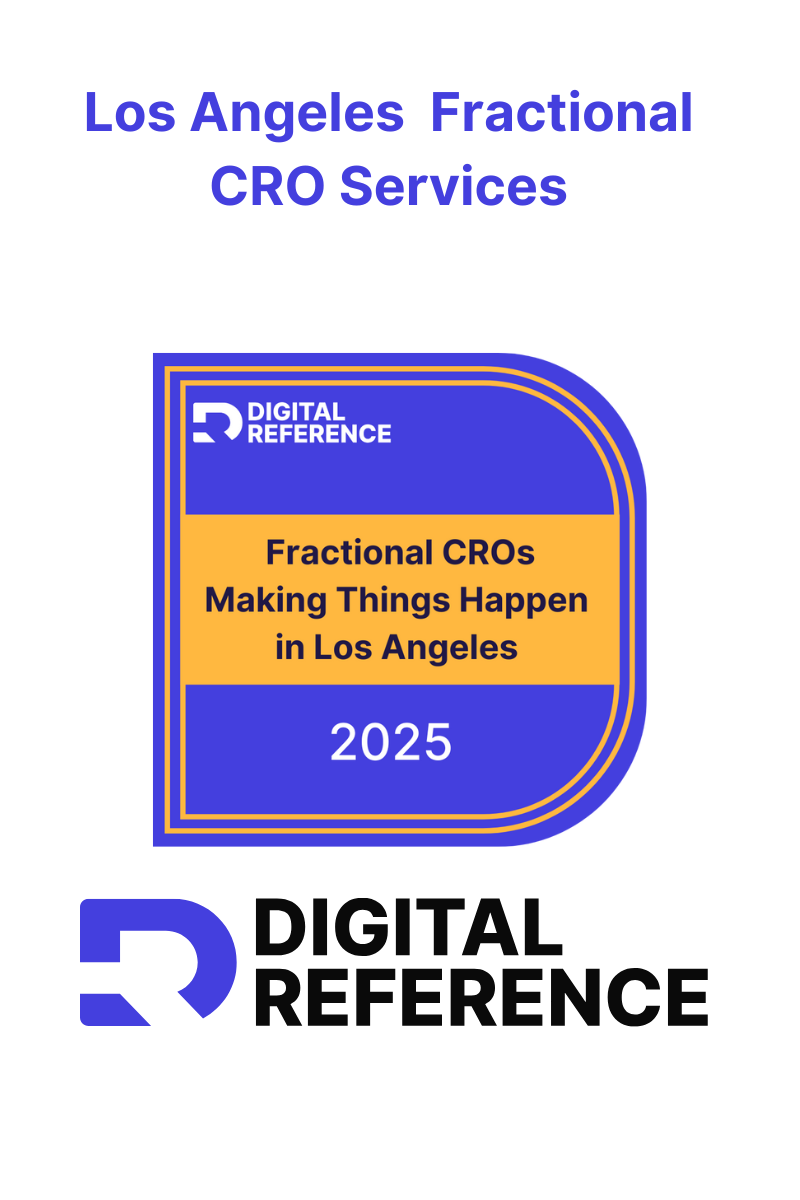
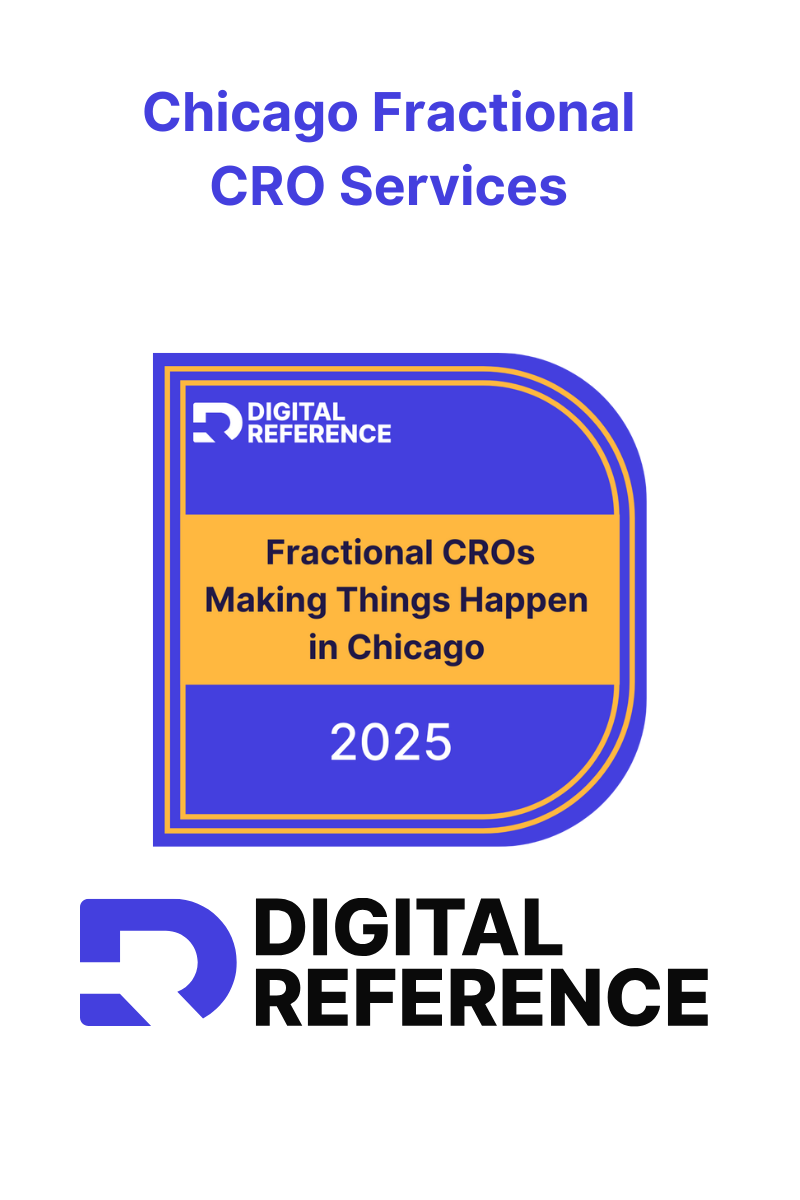

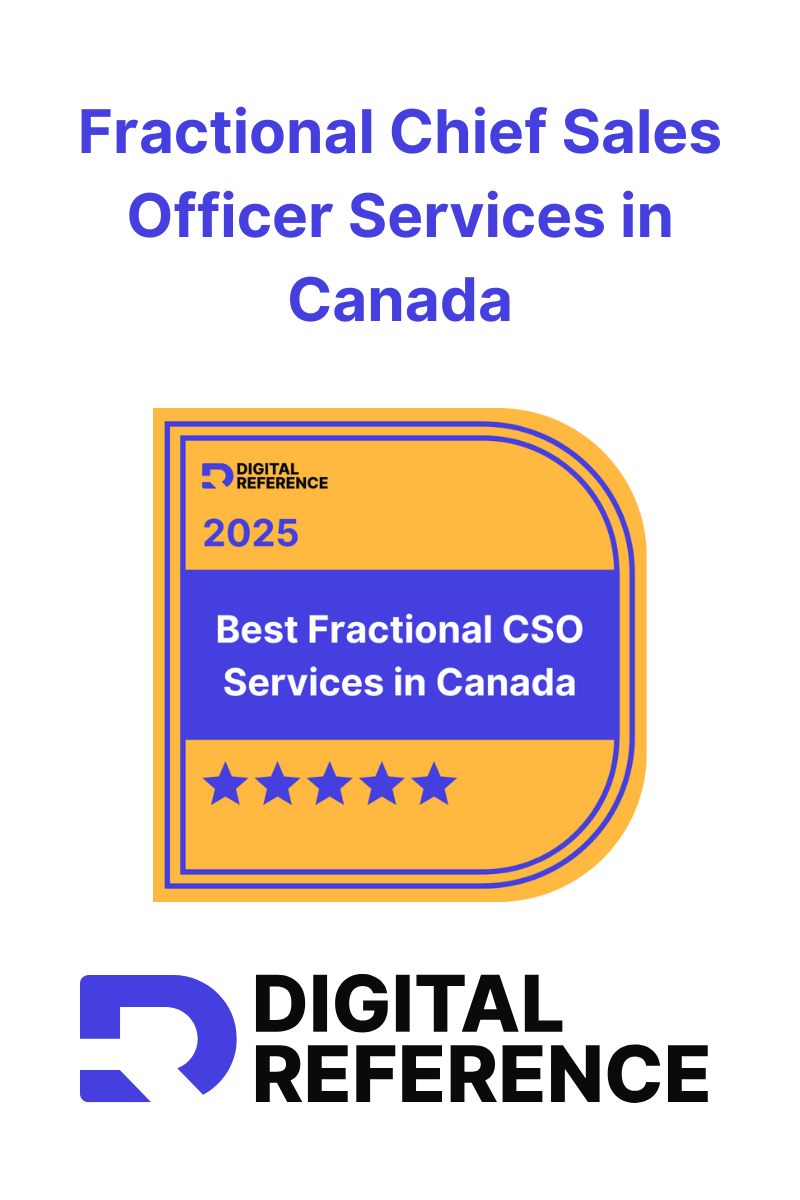

.png)




.png)








.png)
